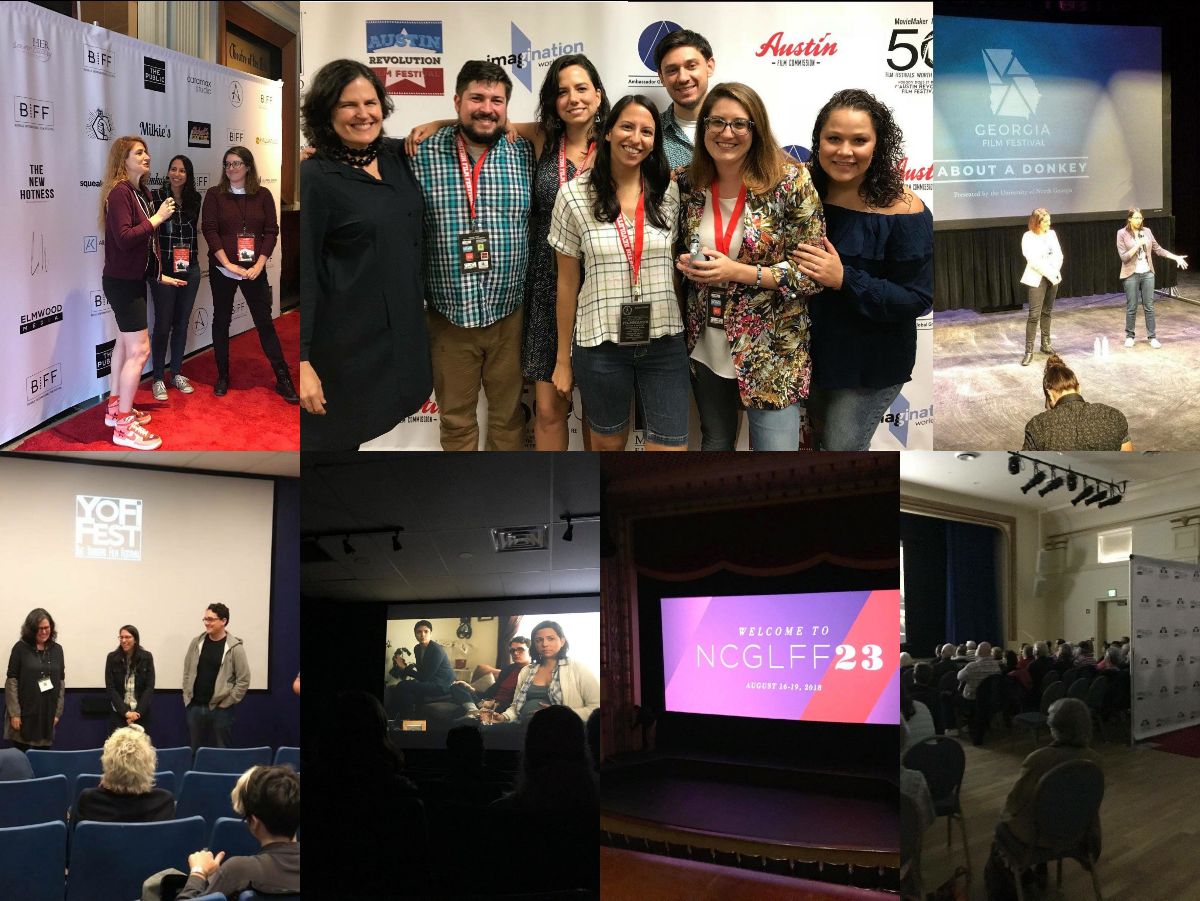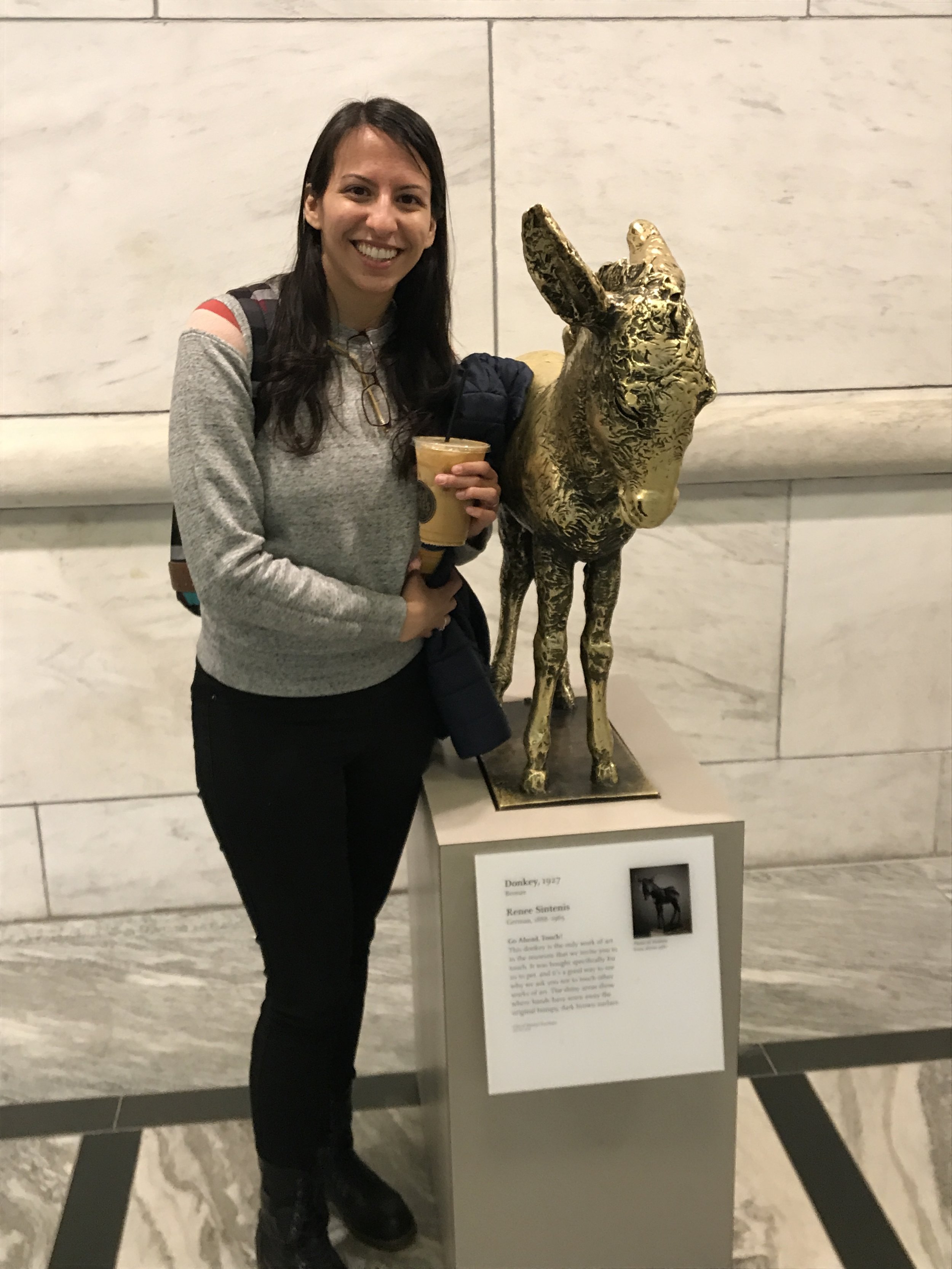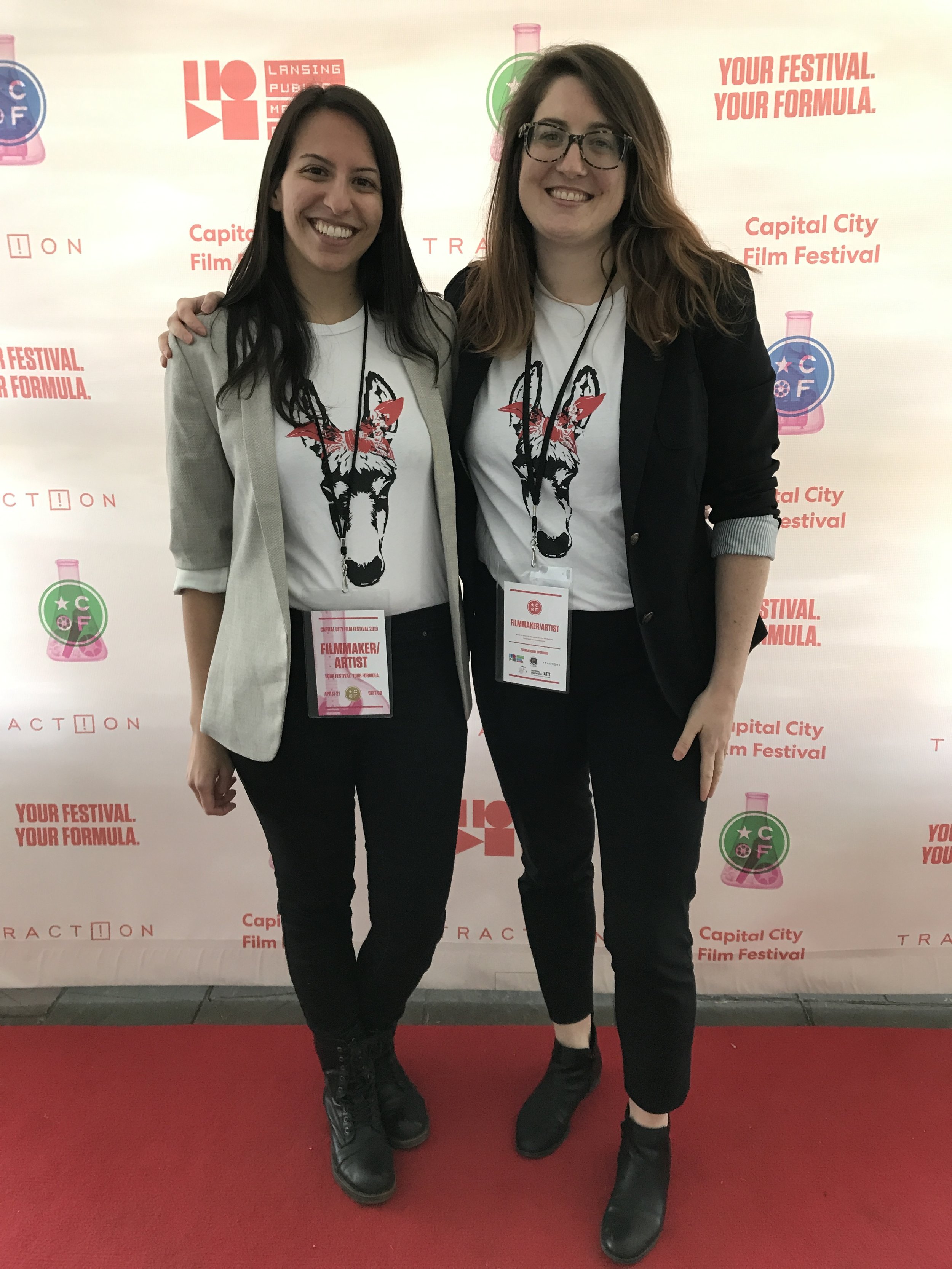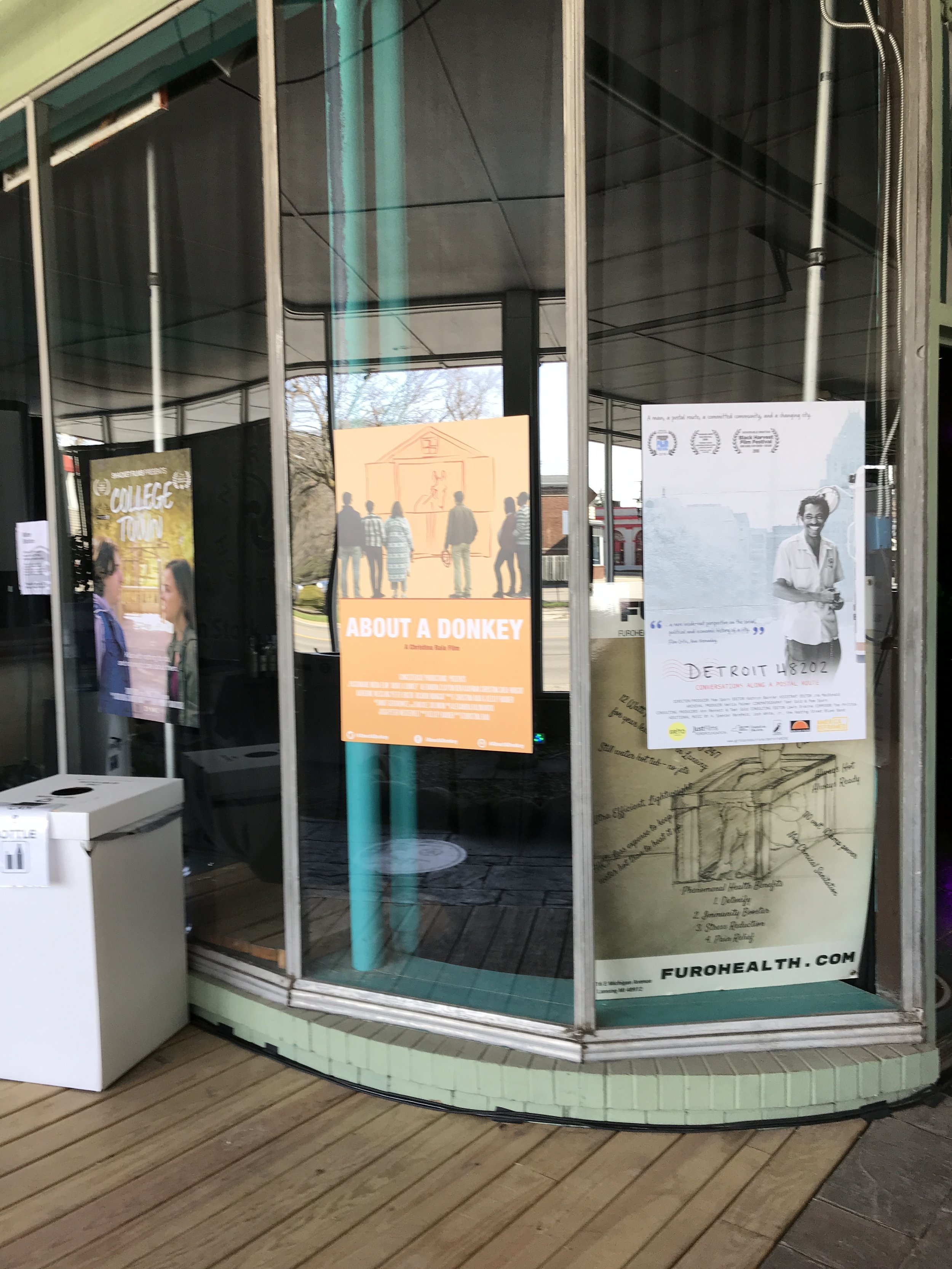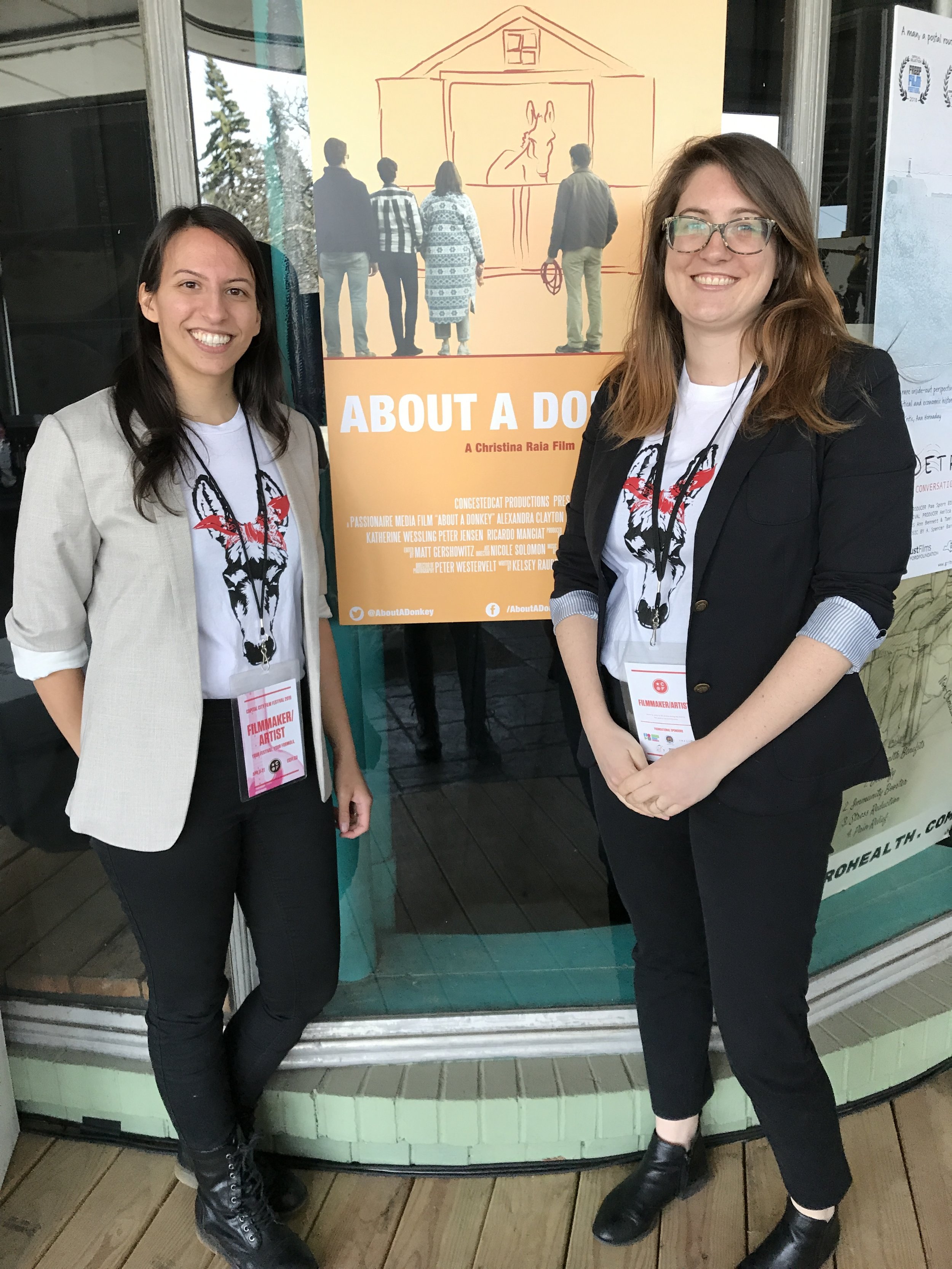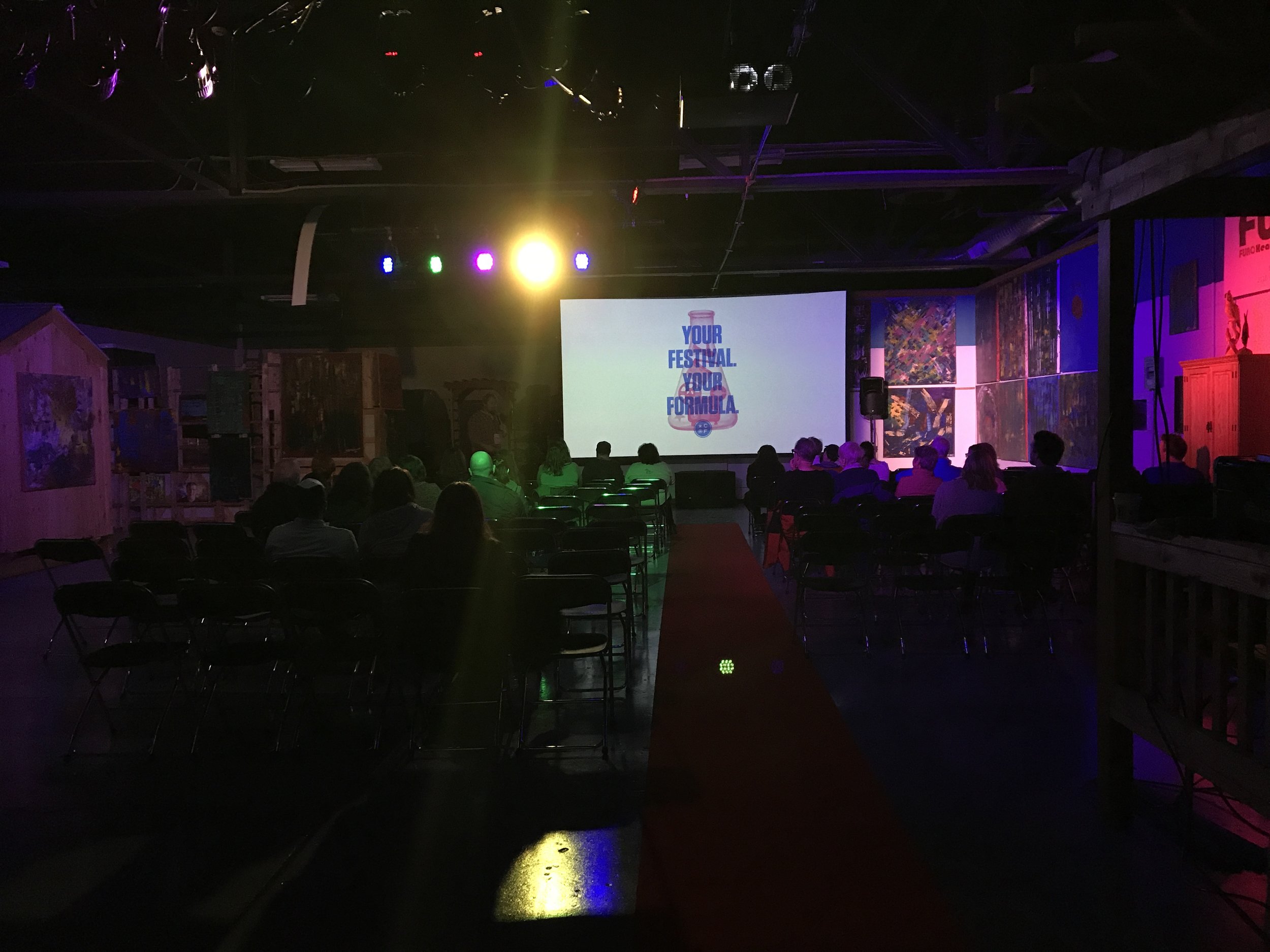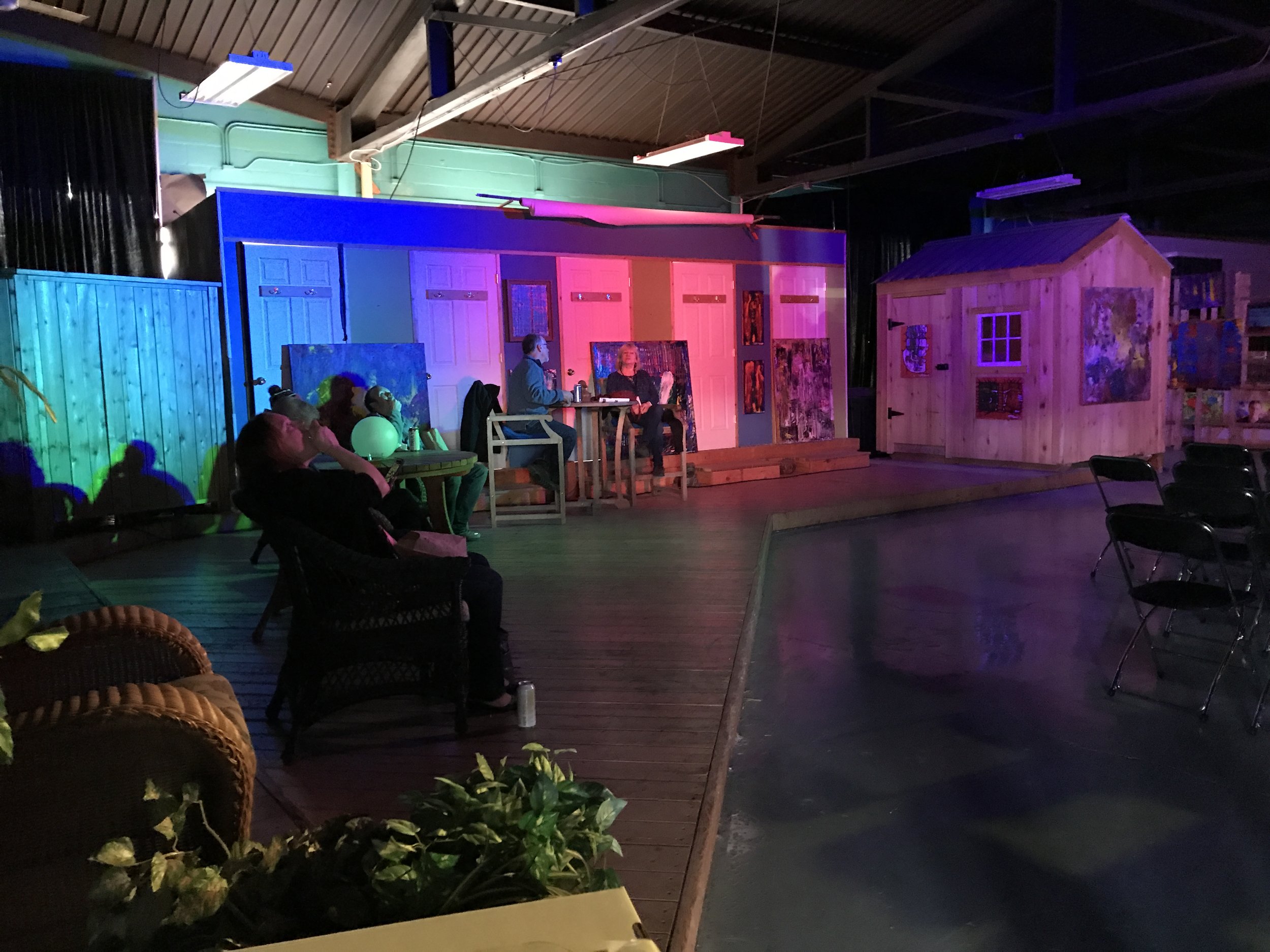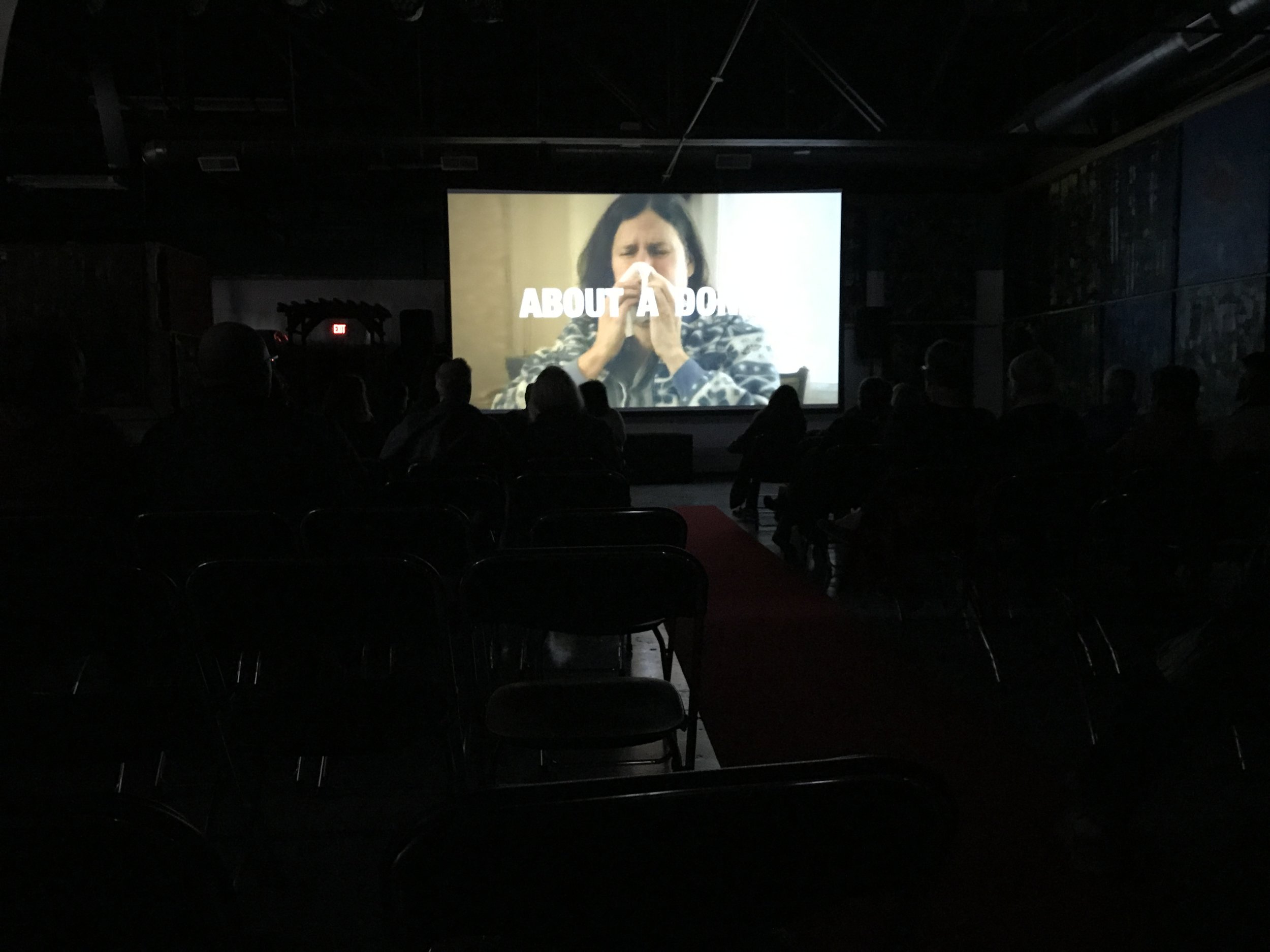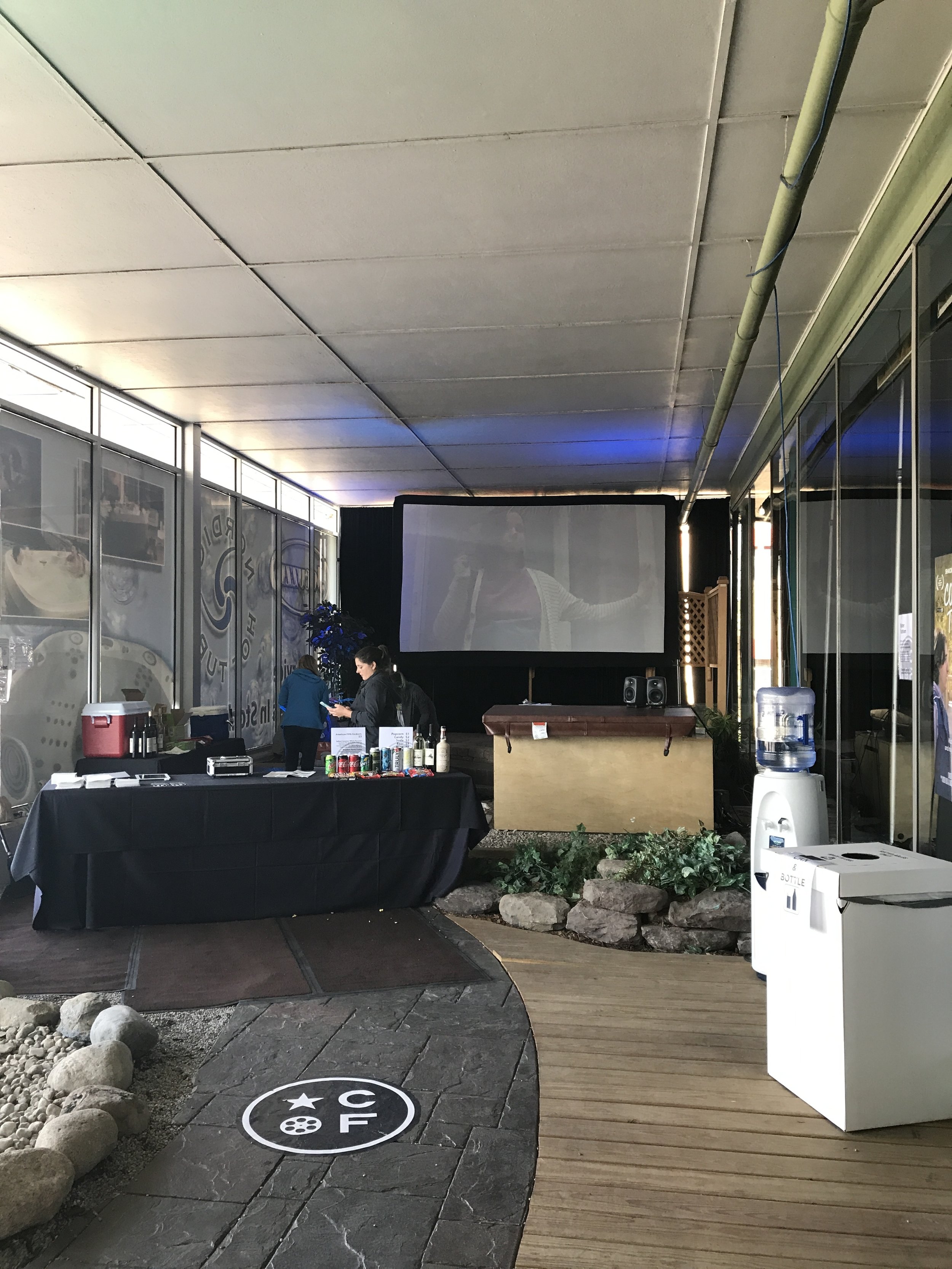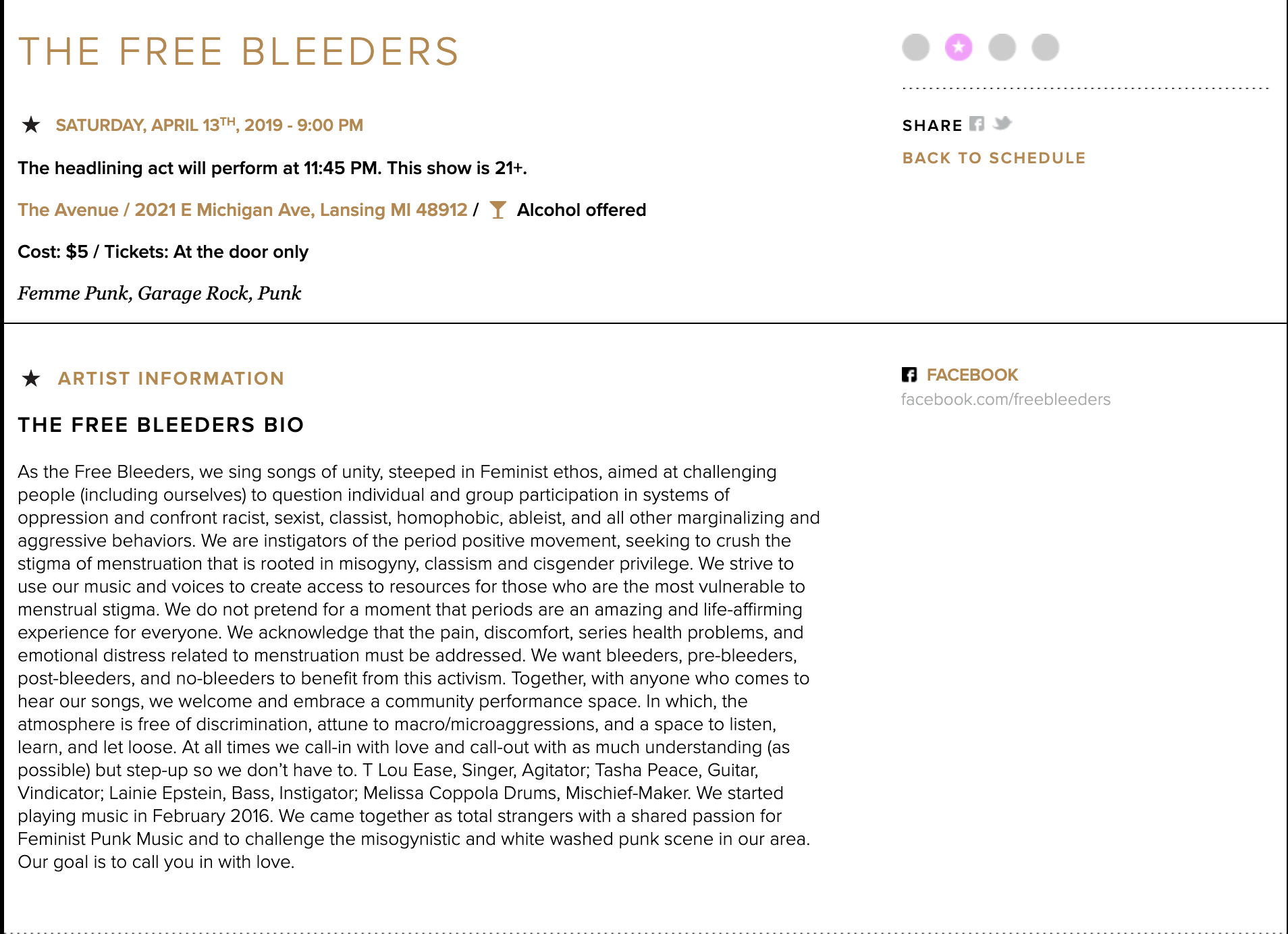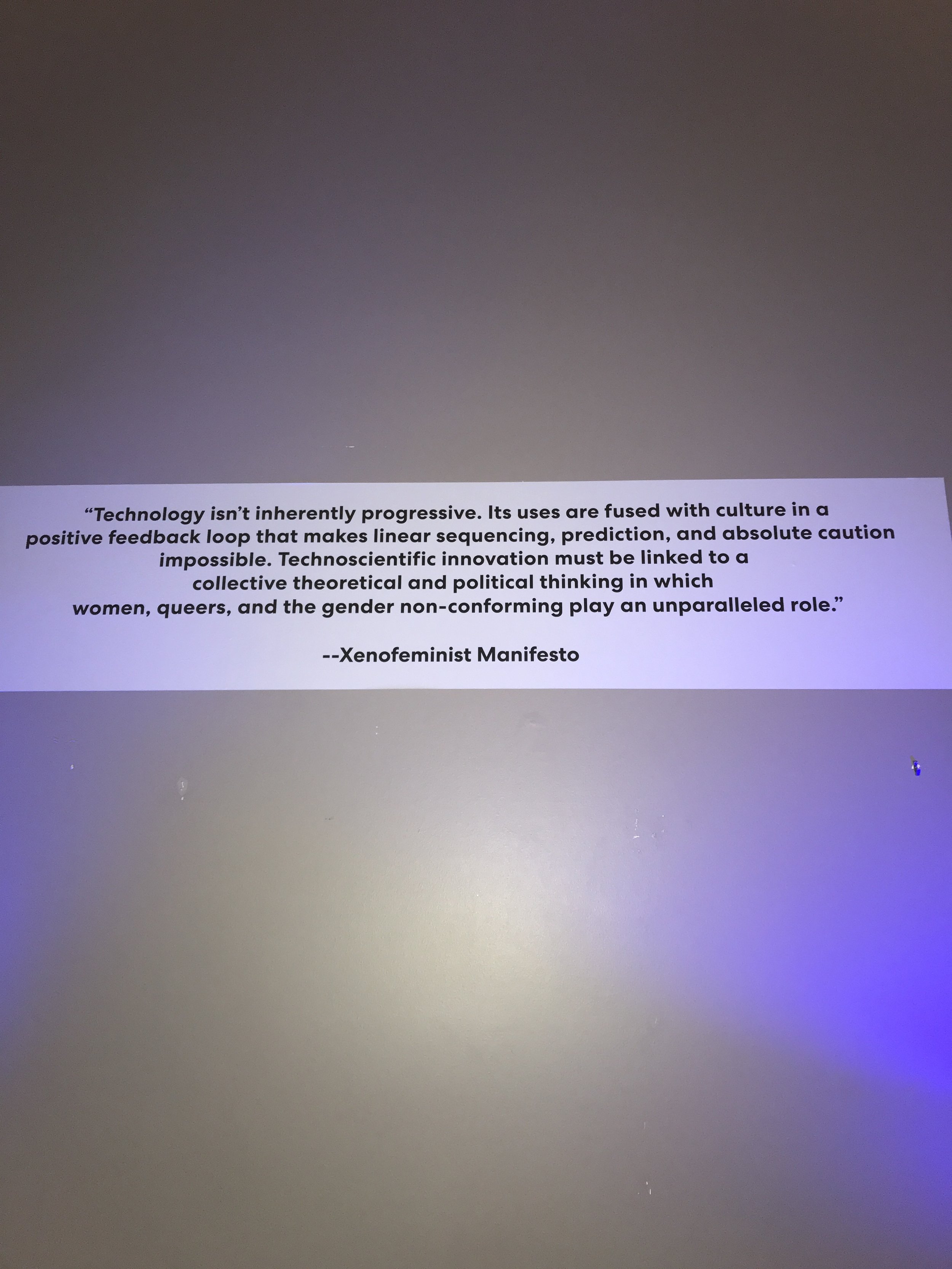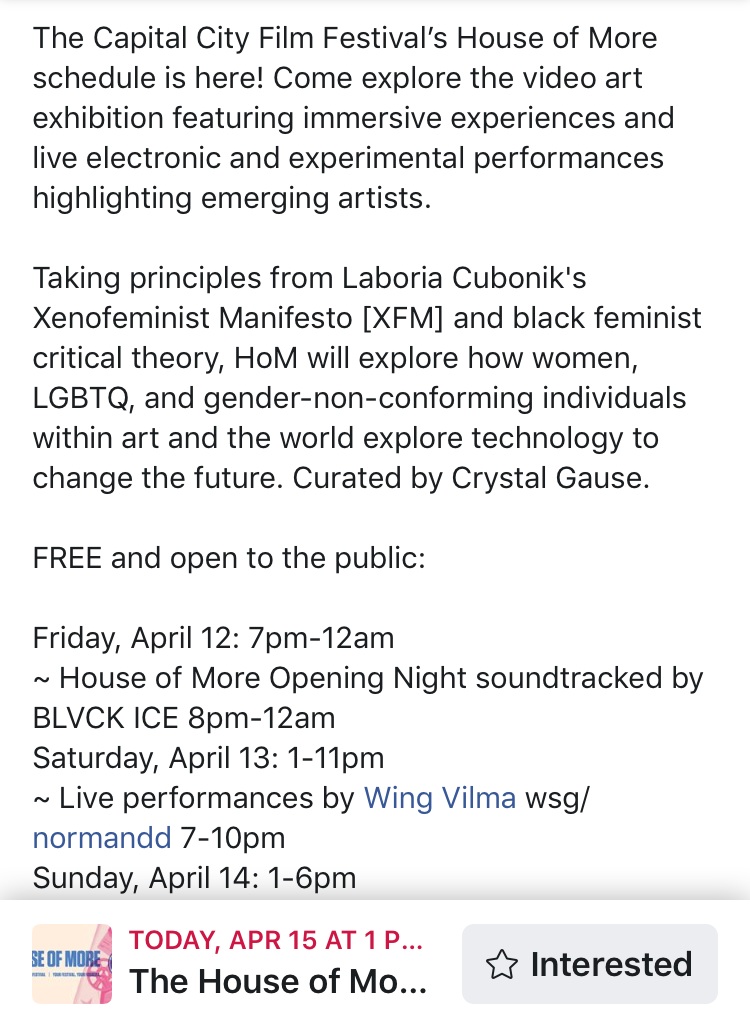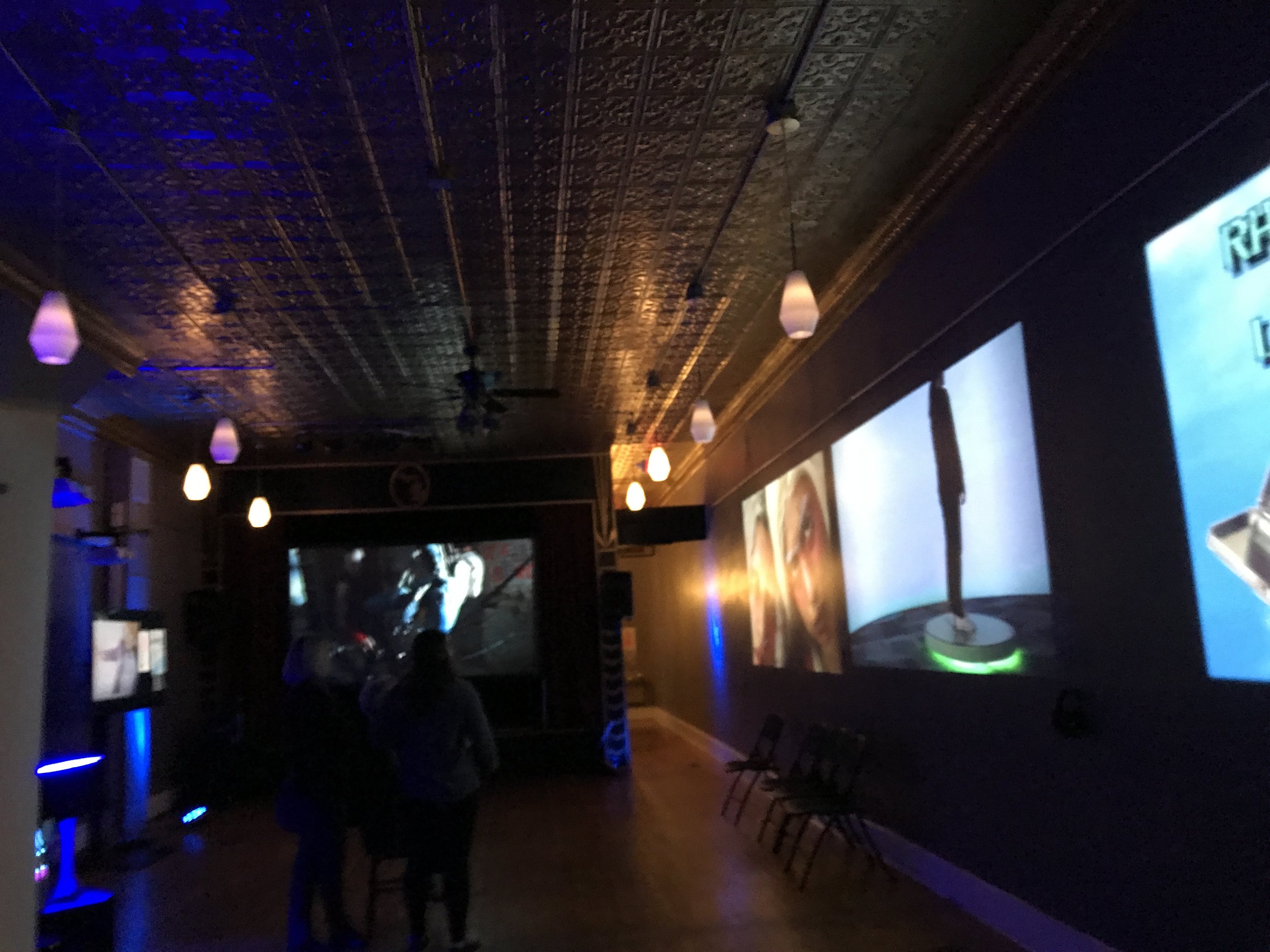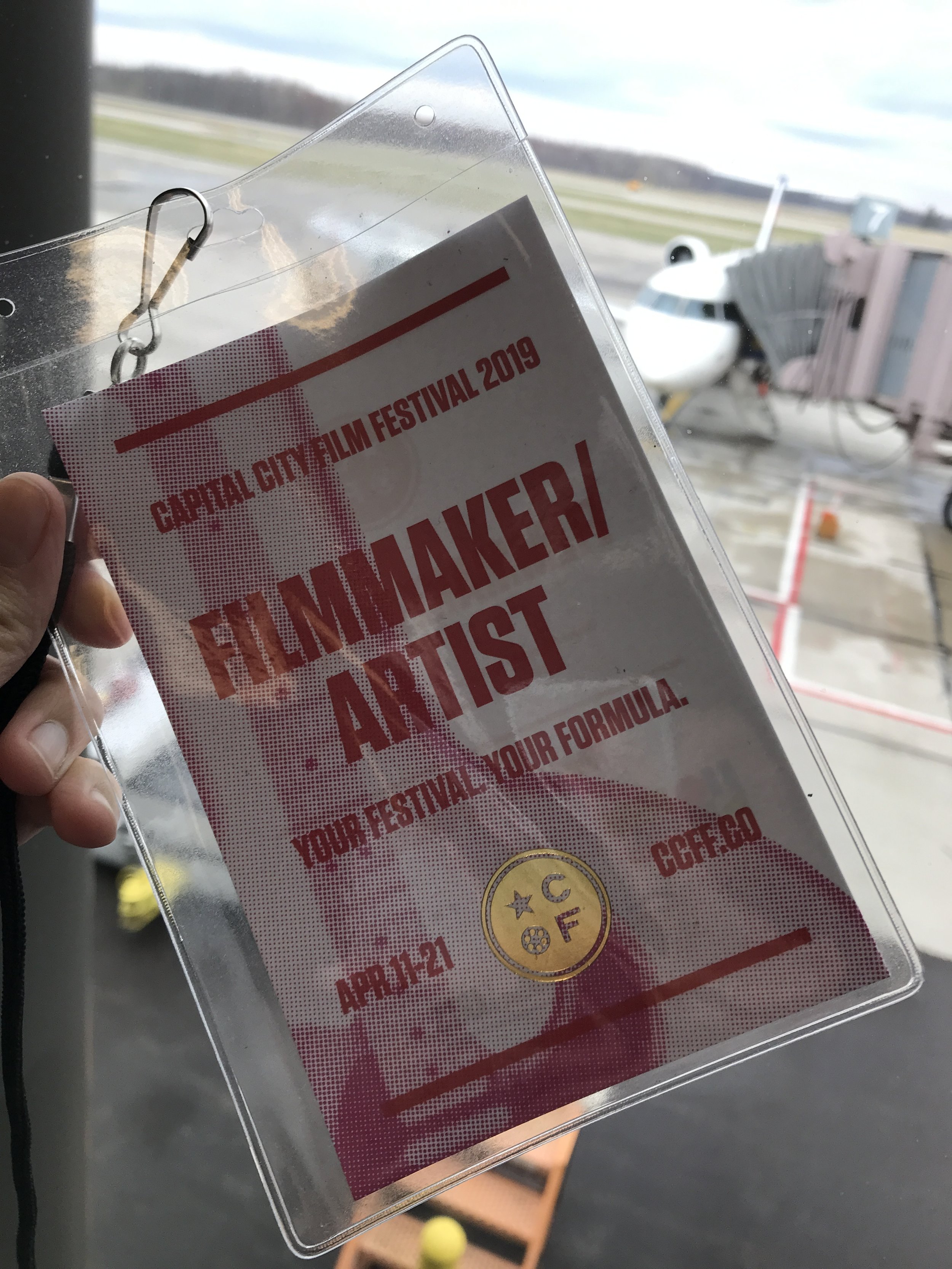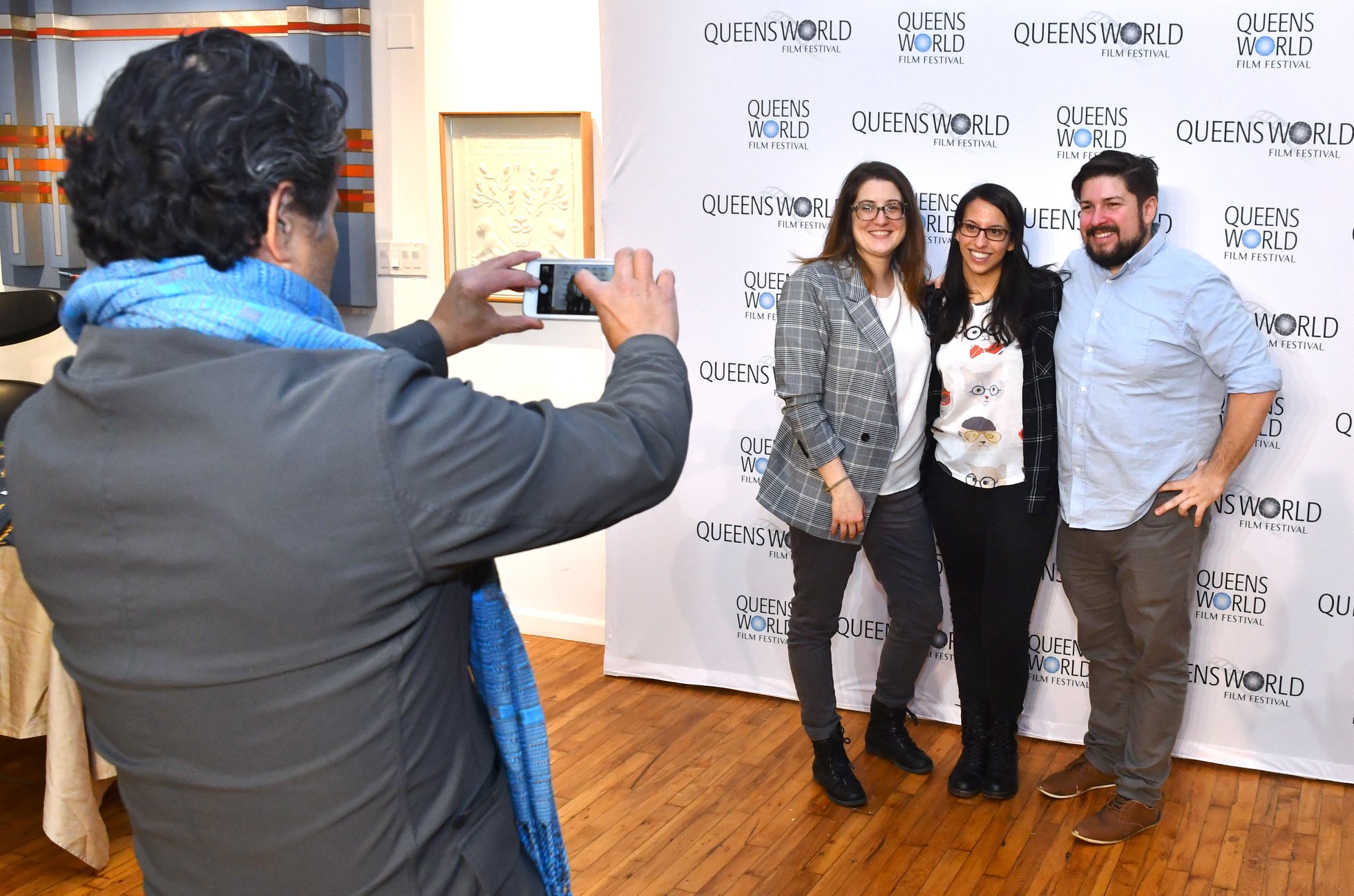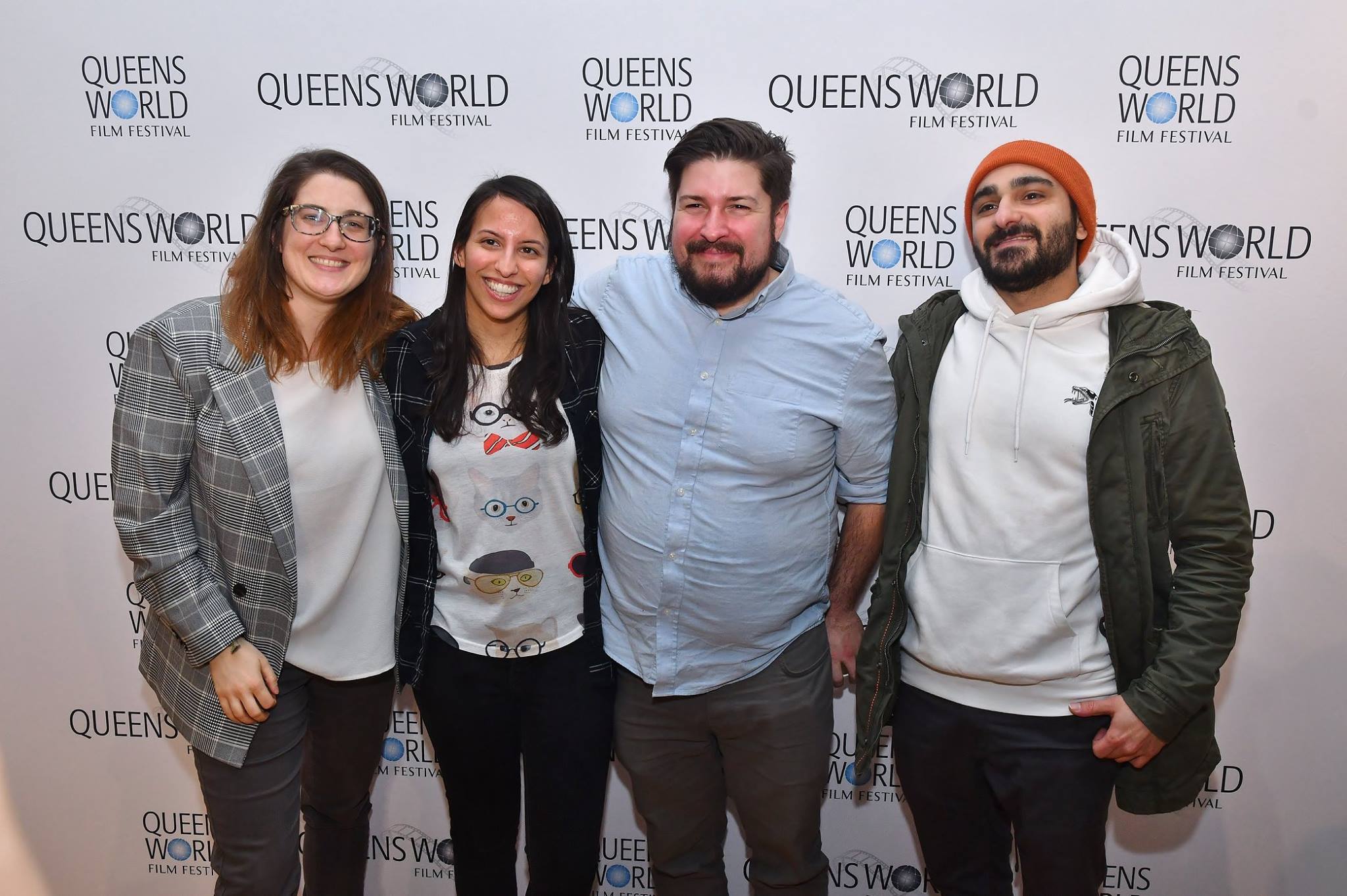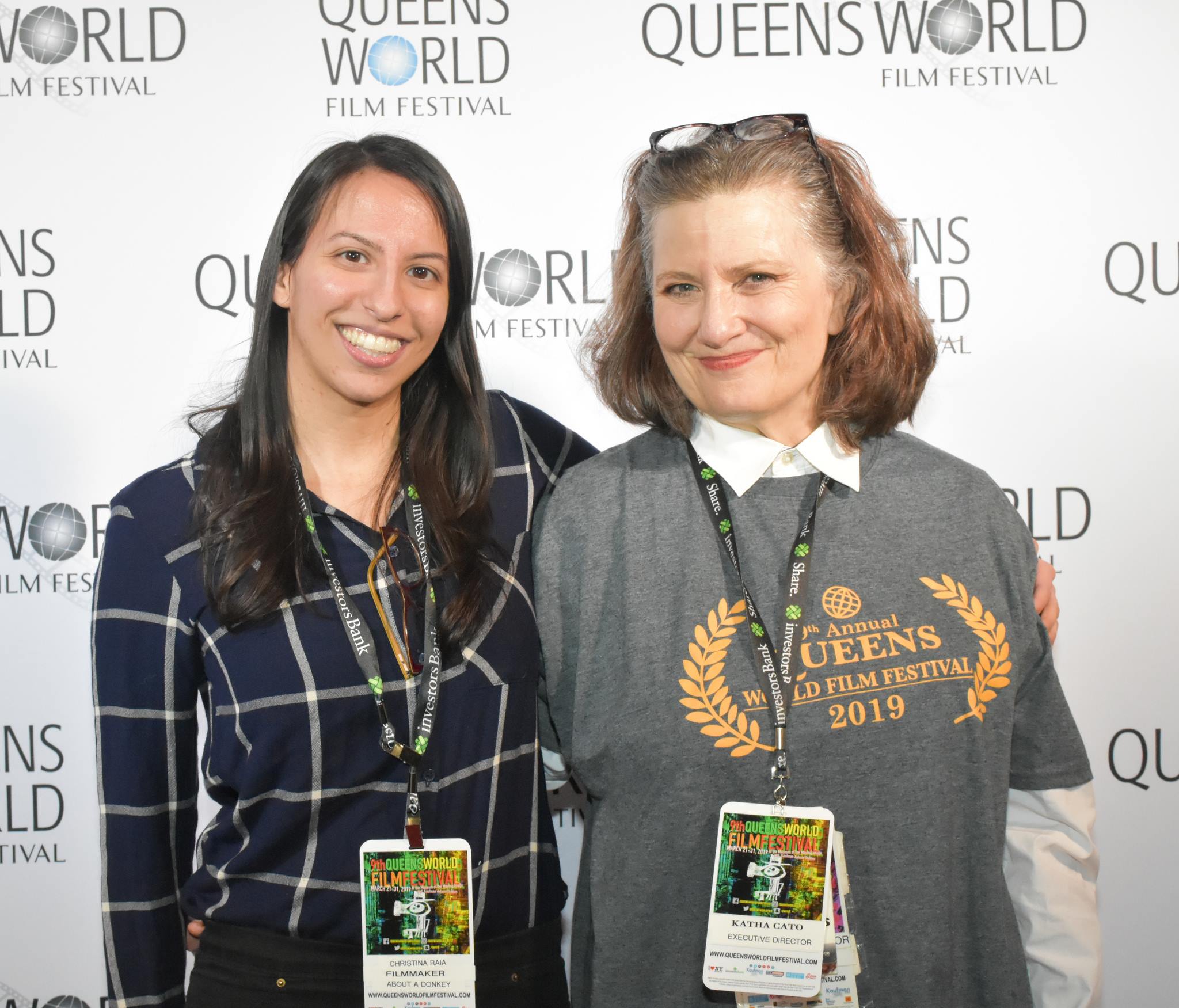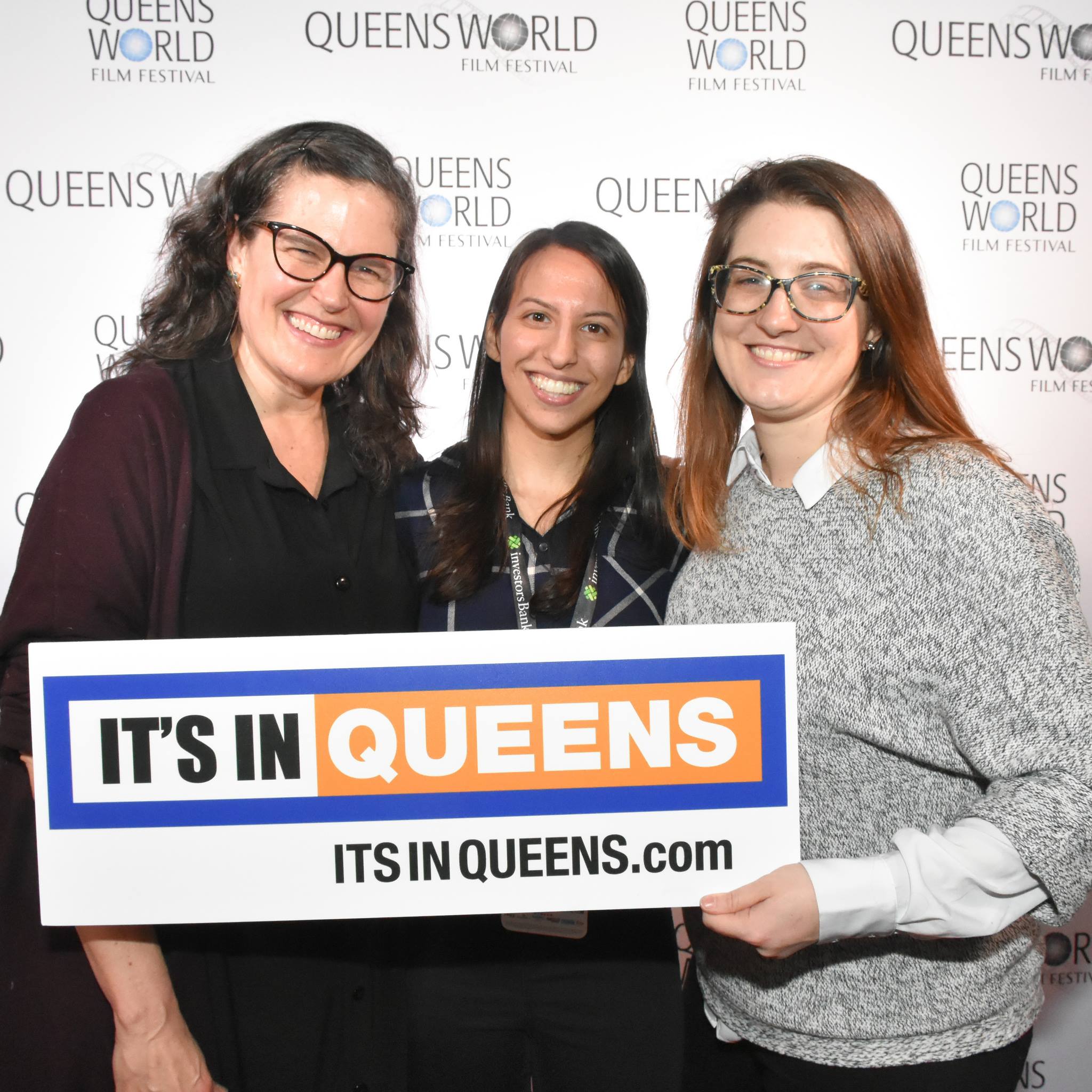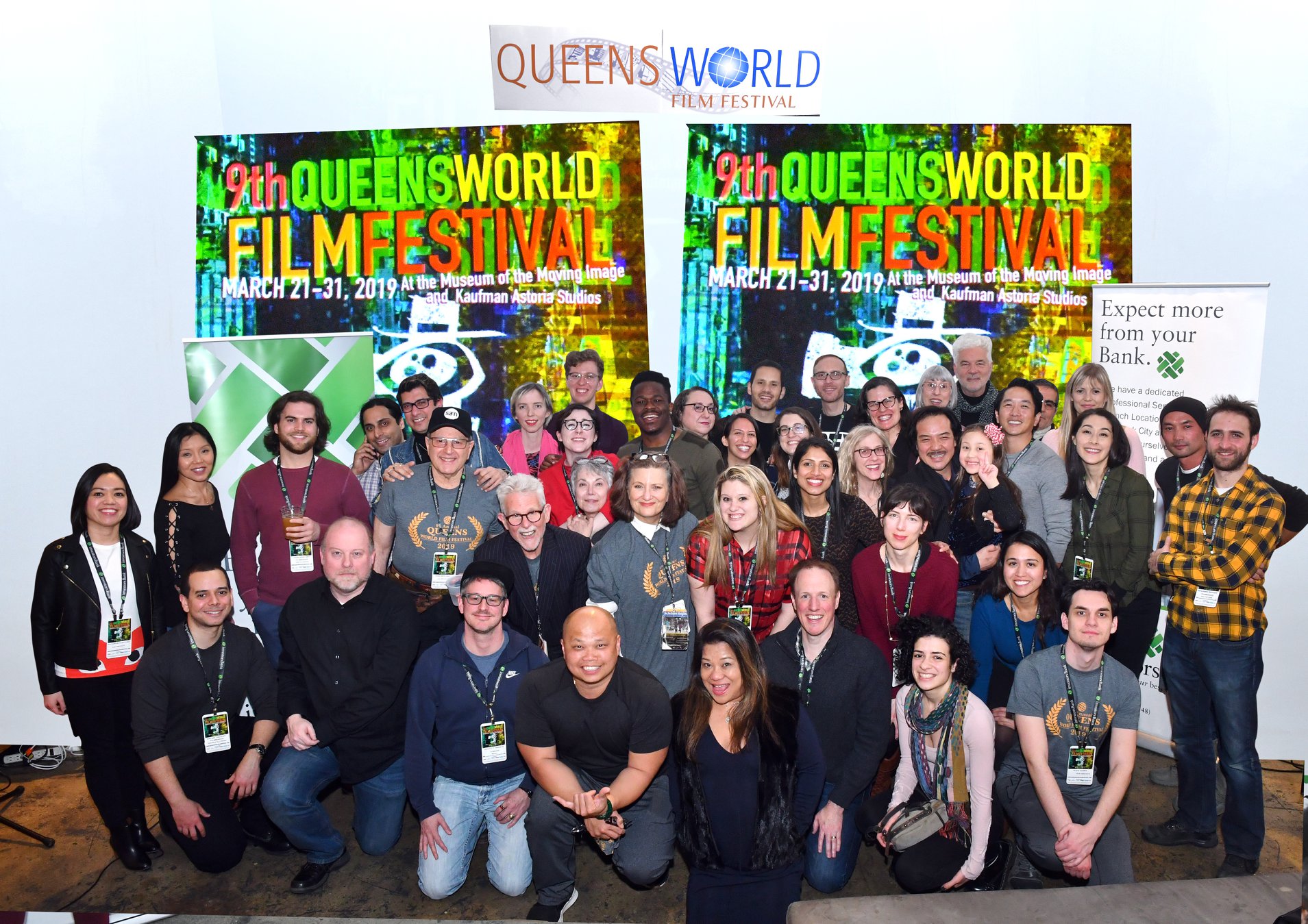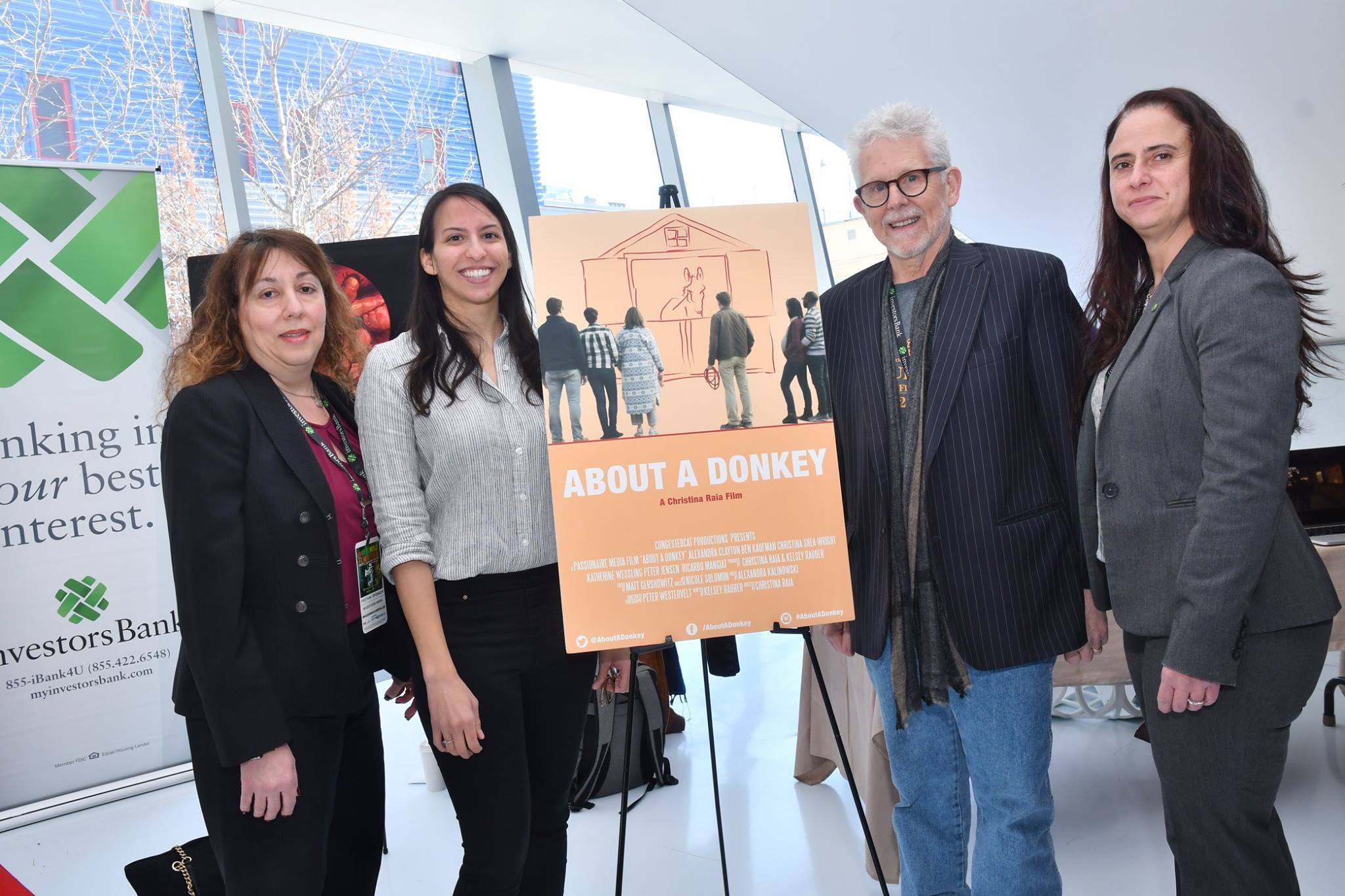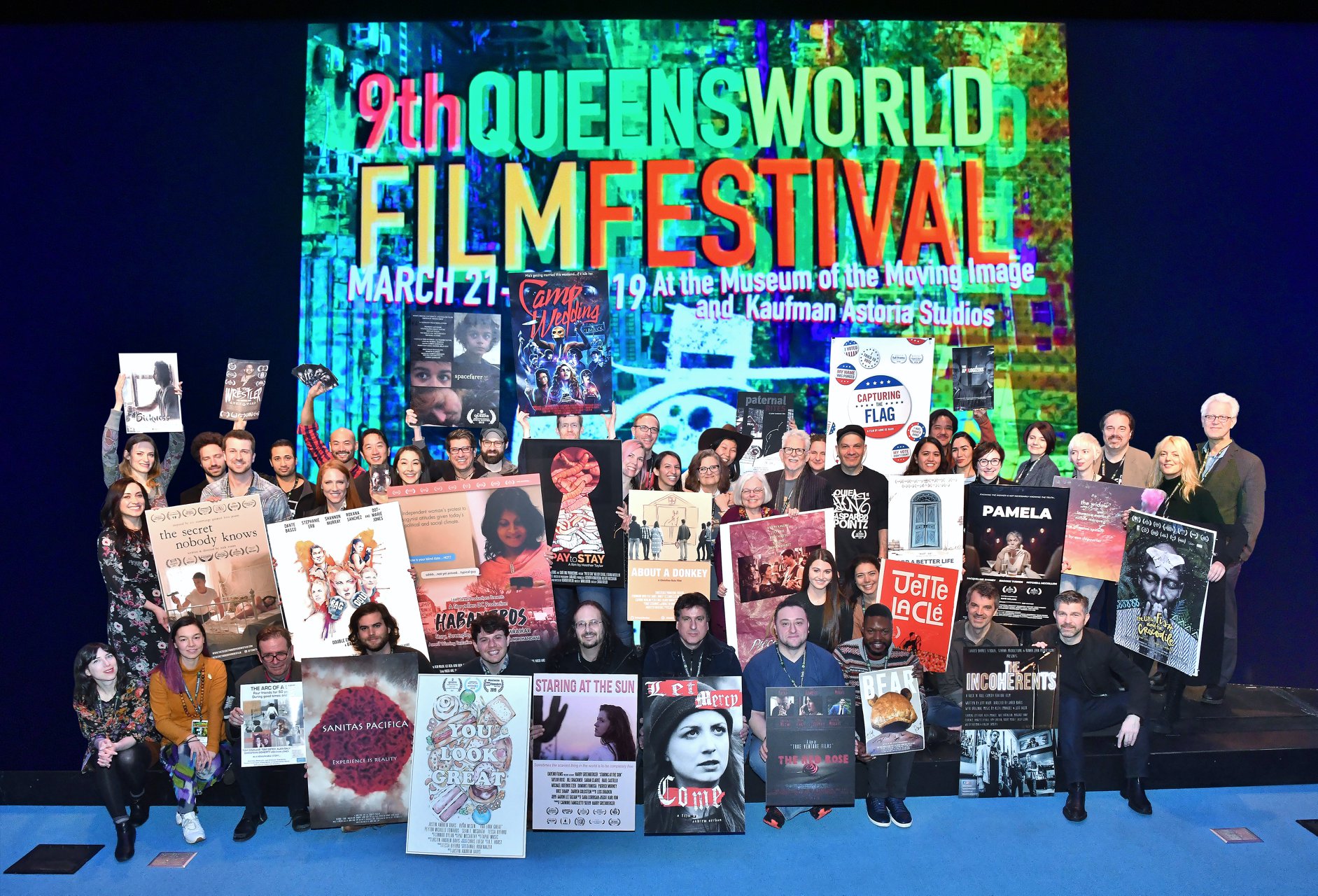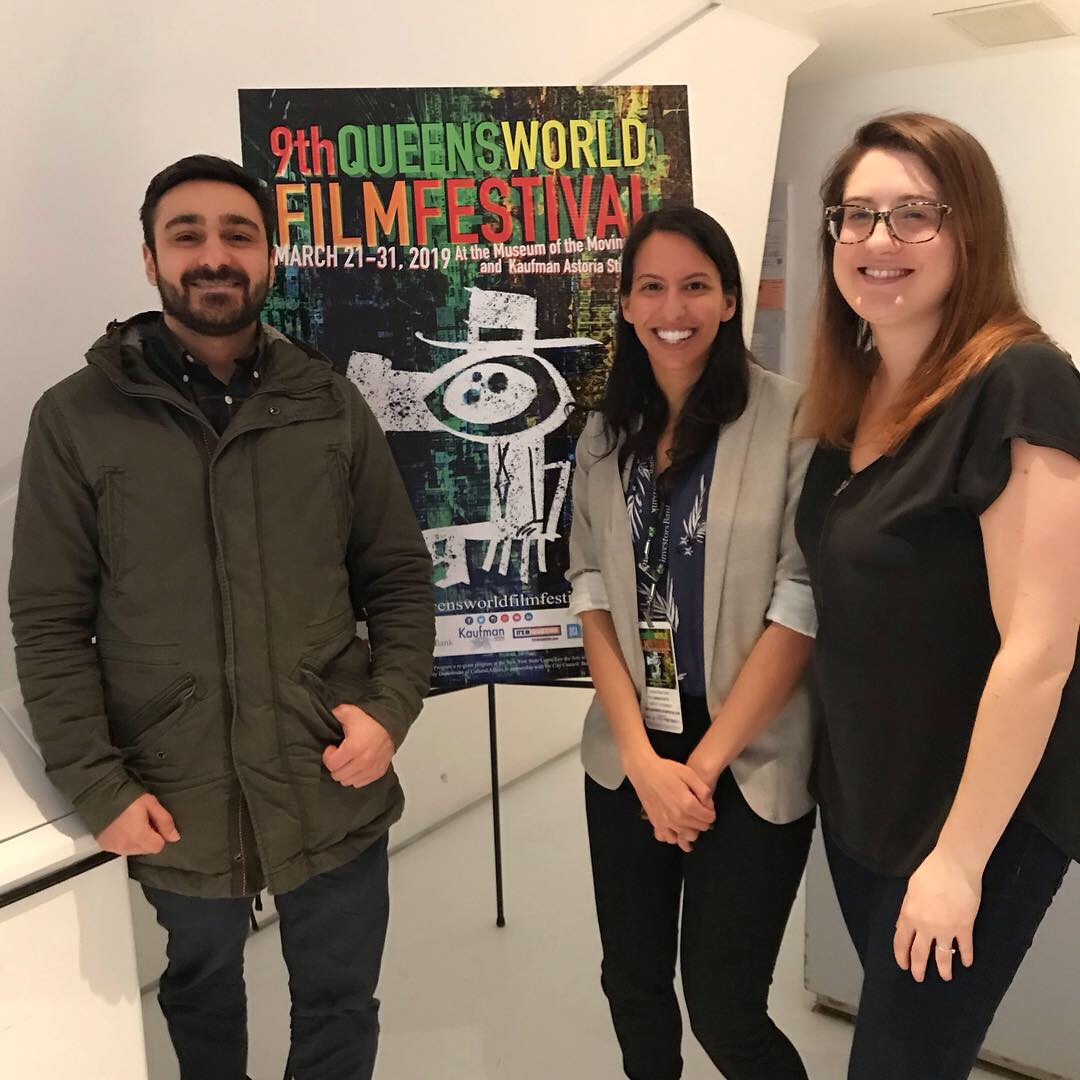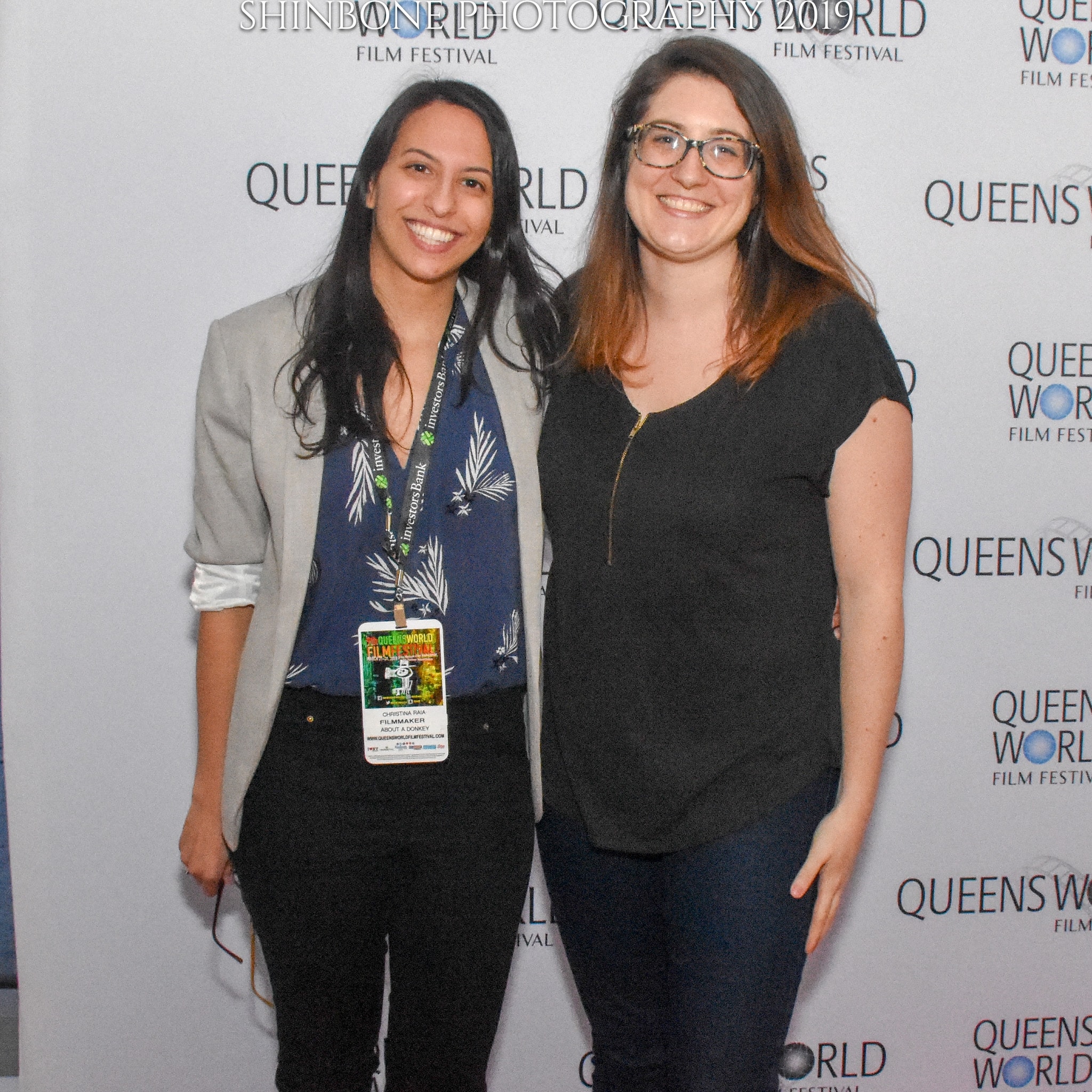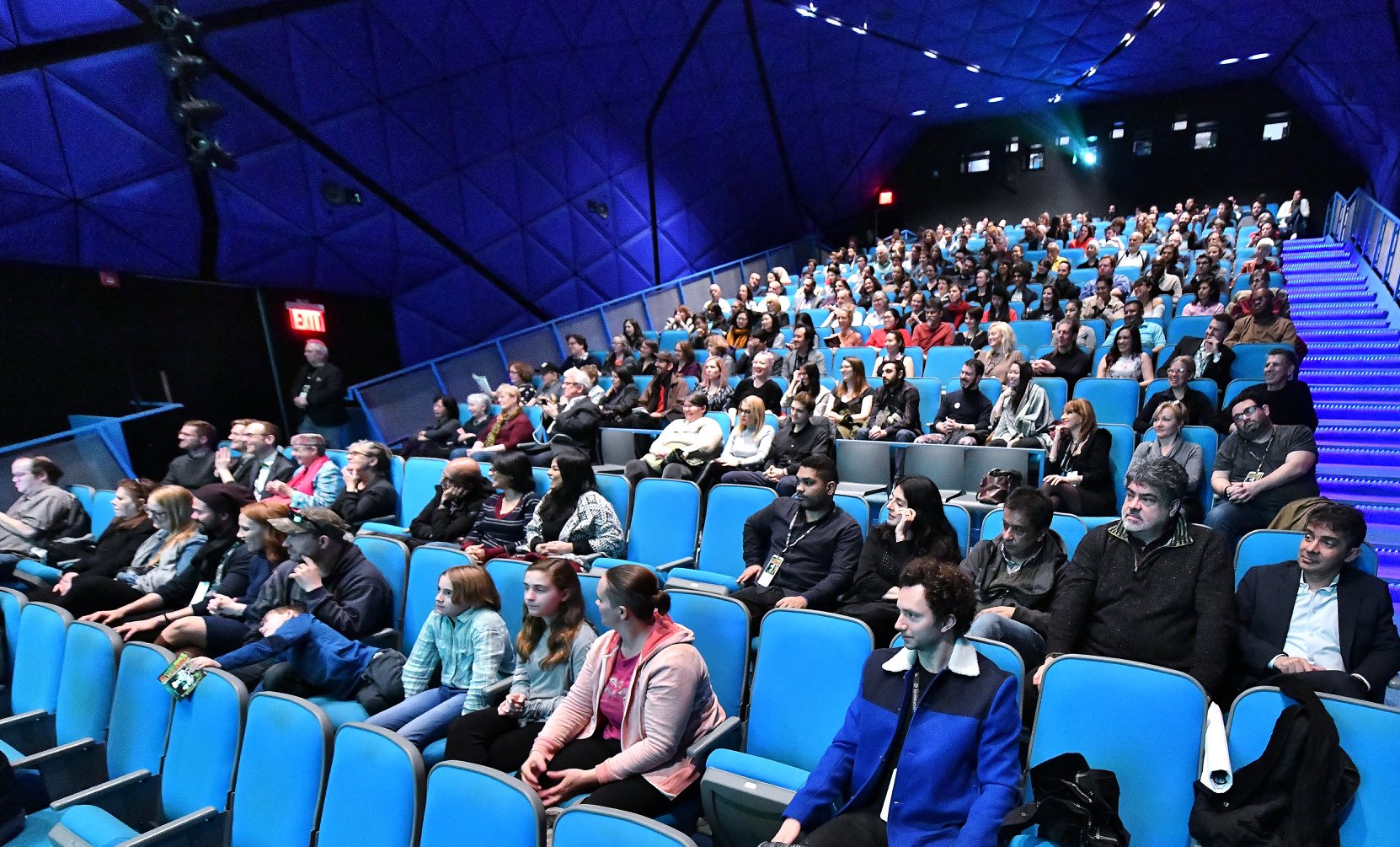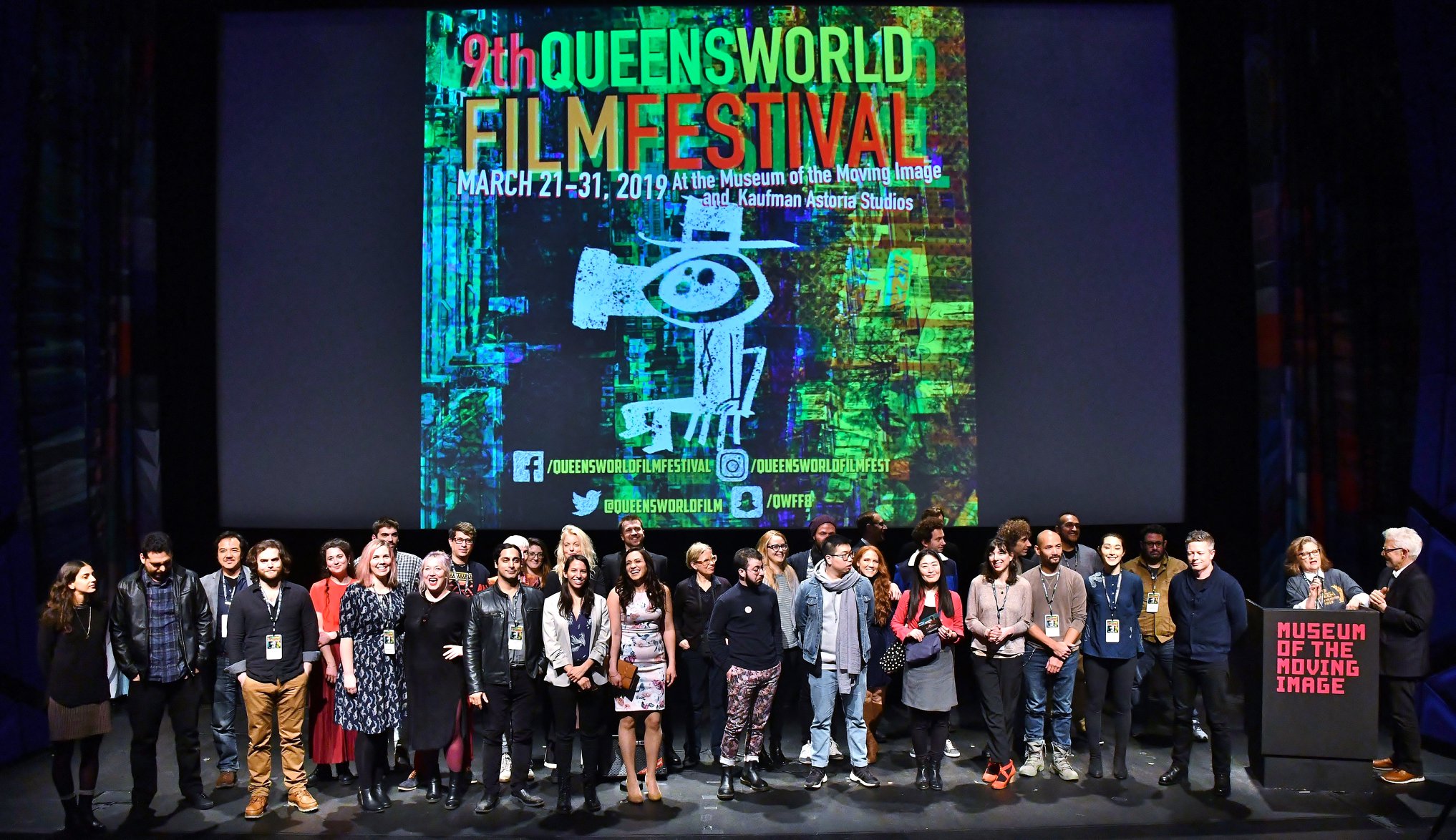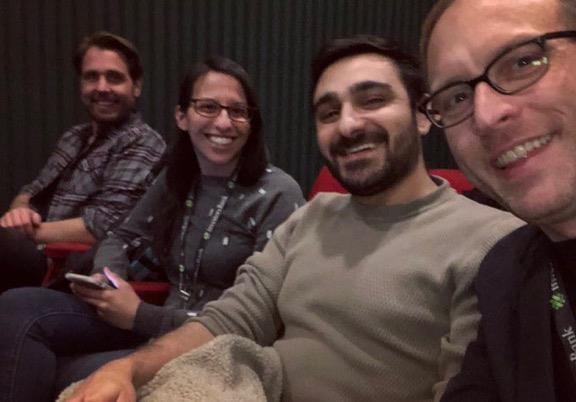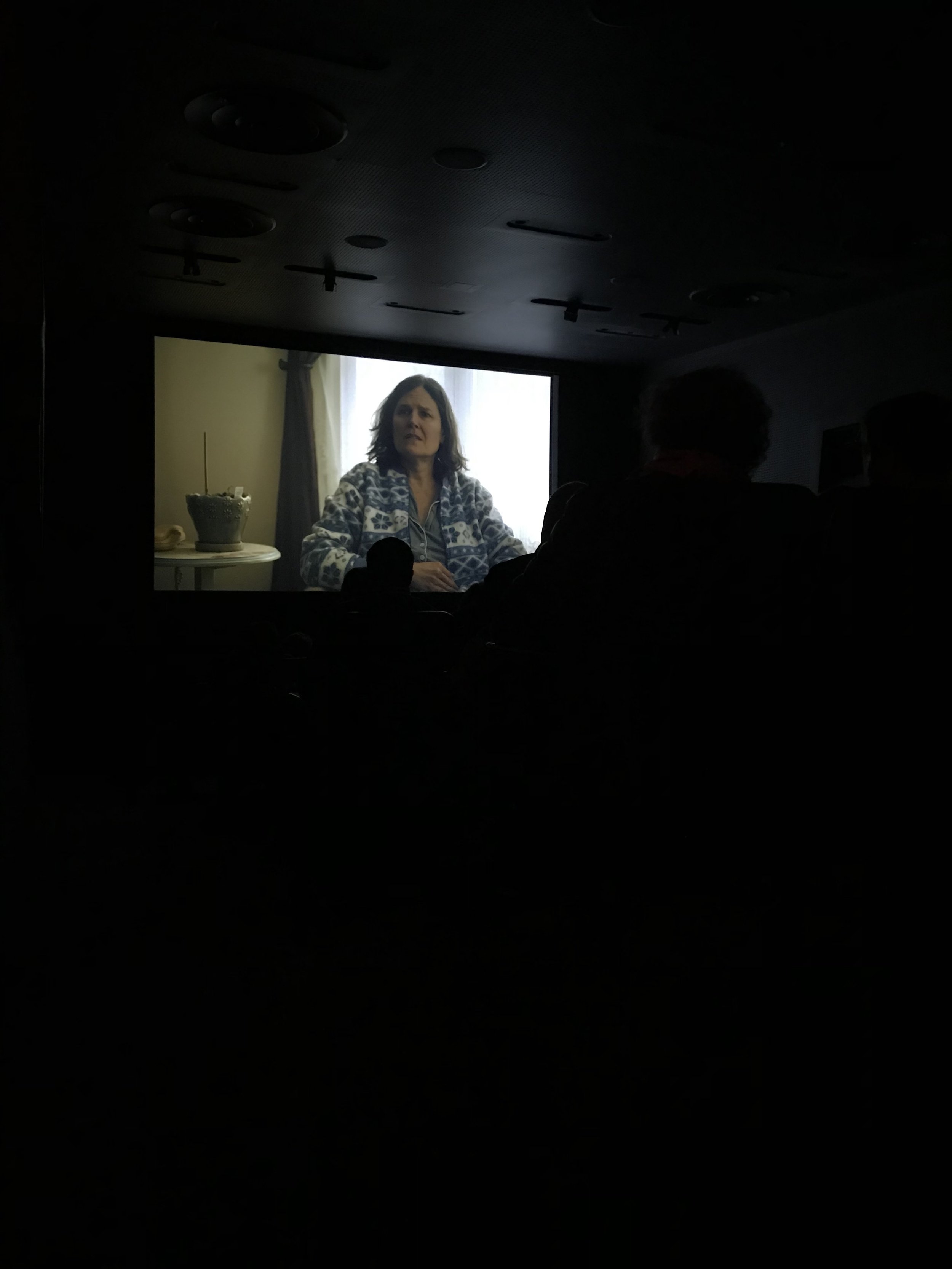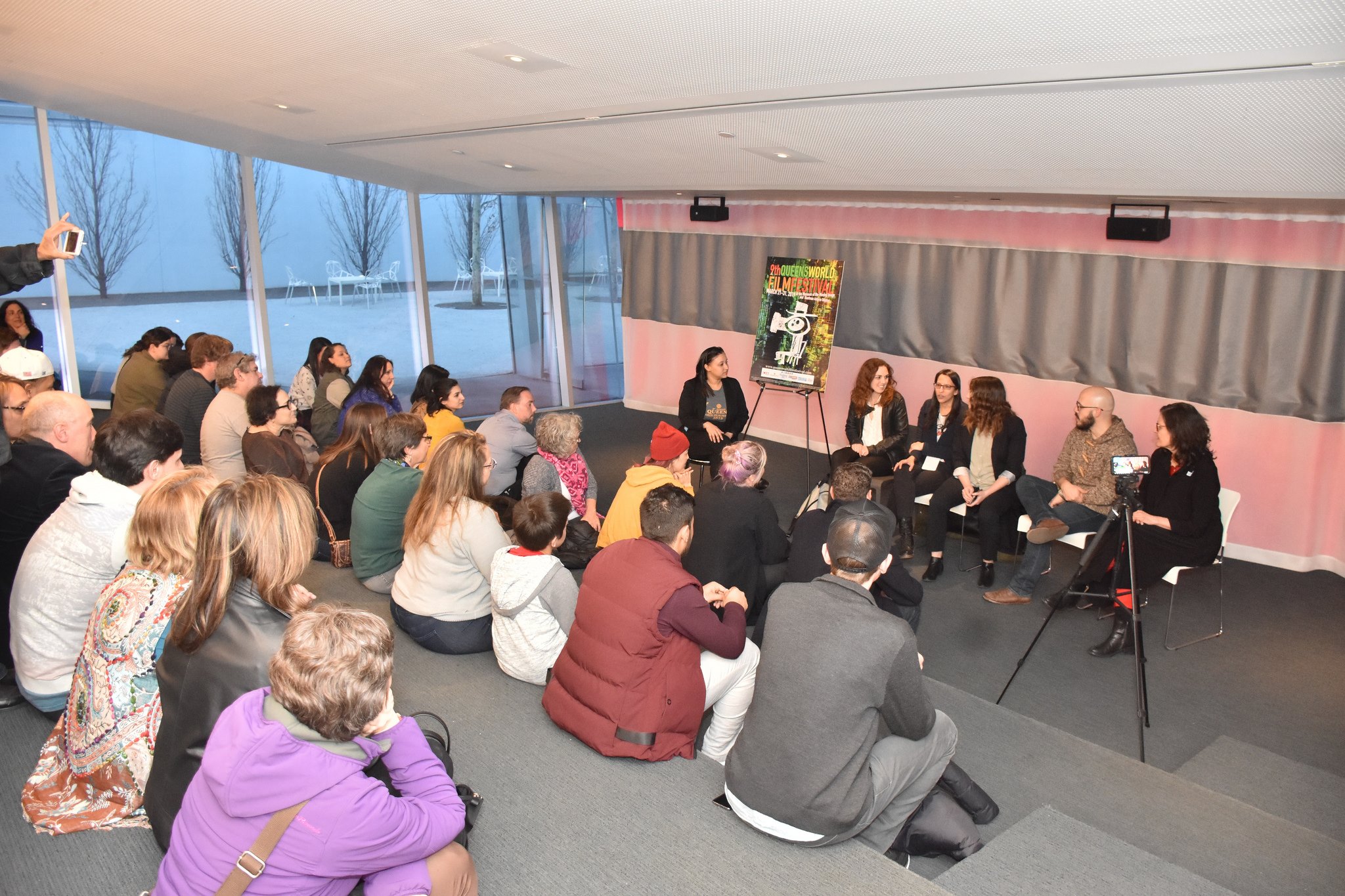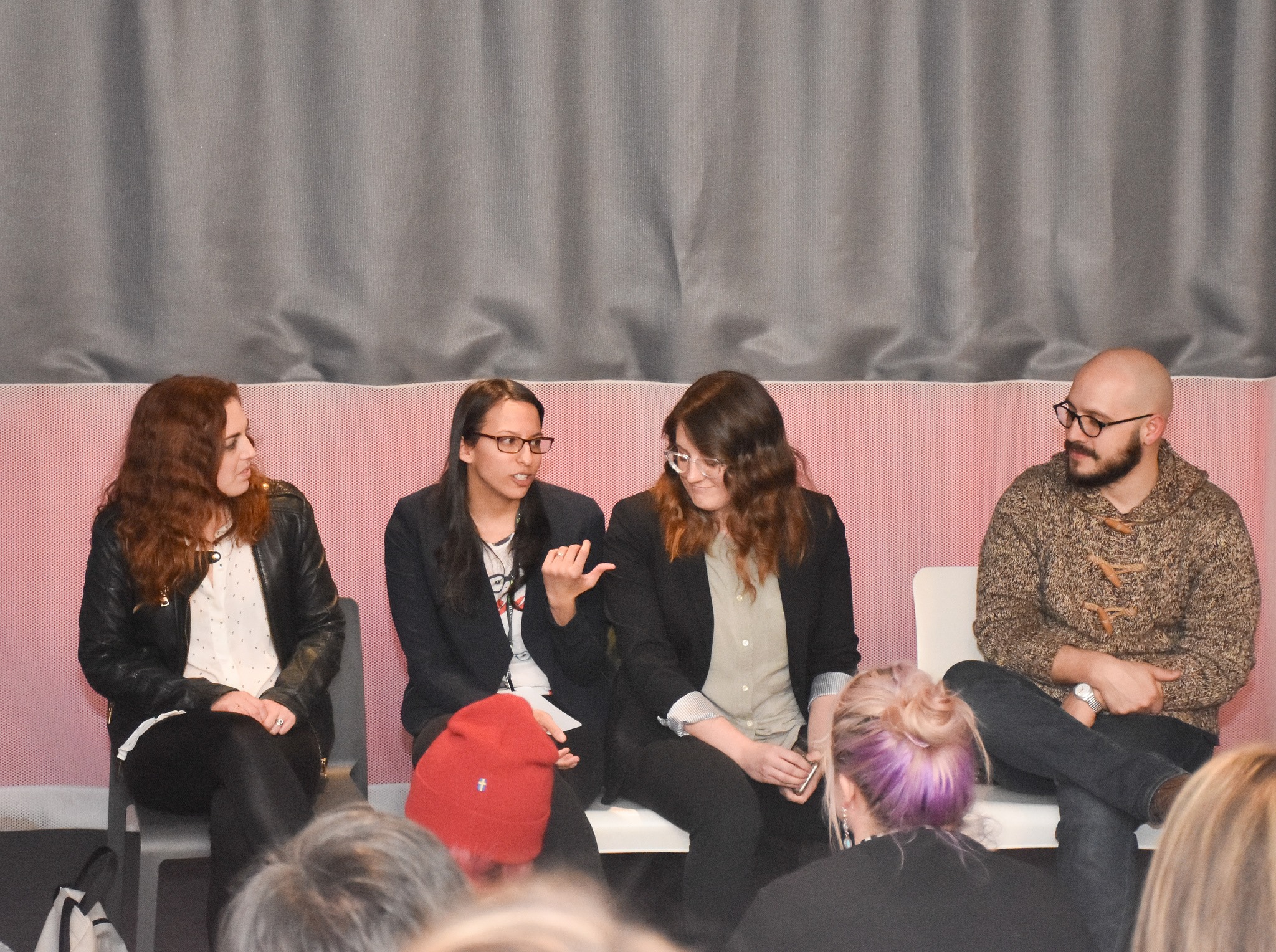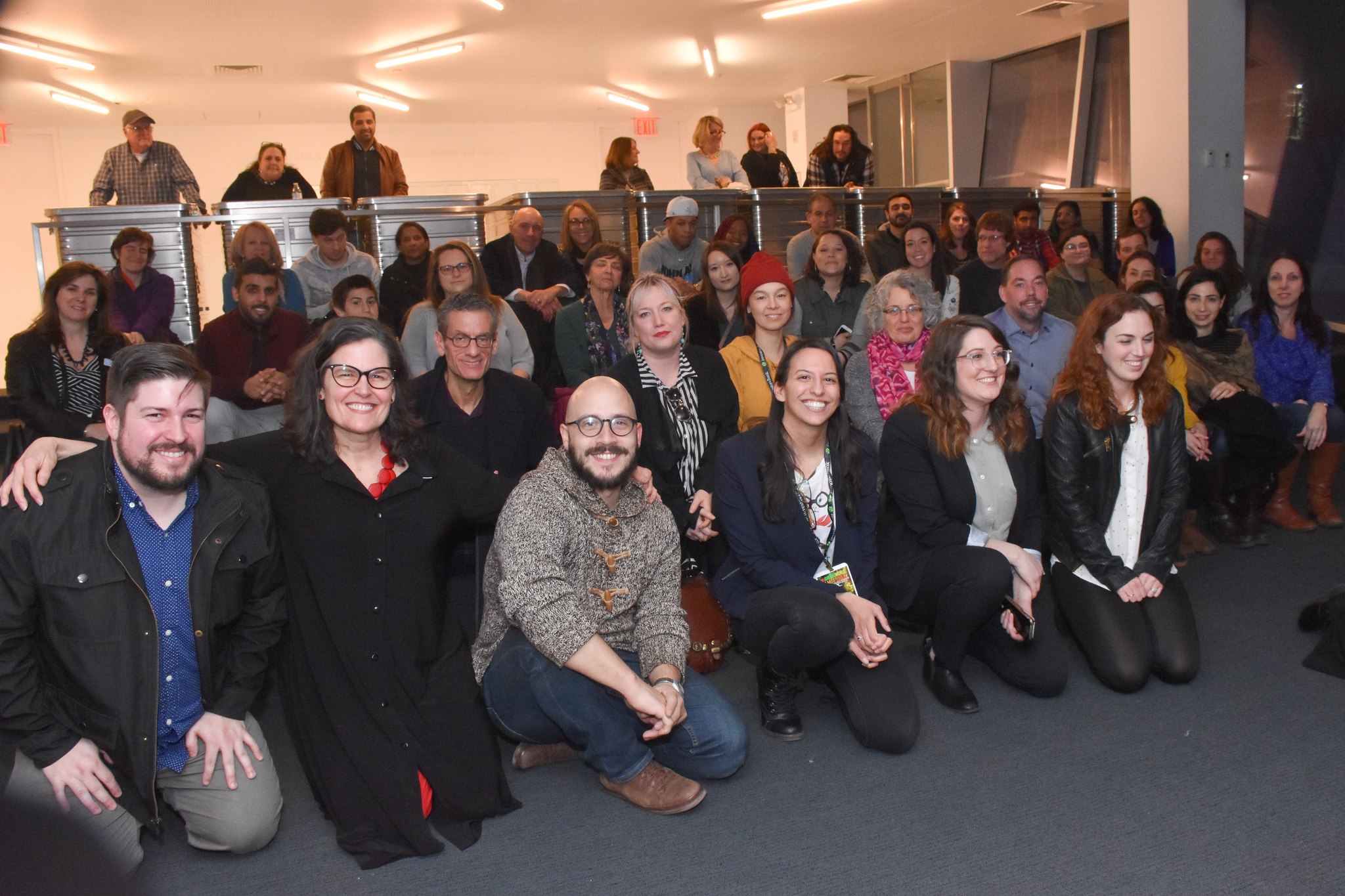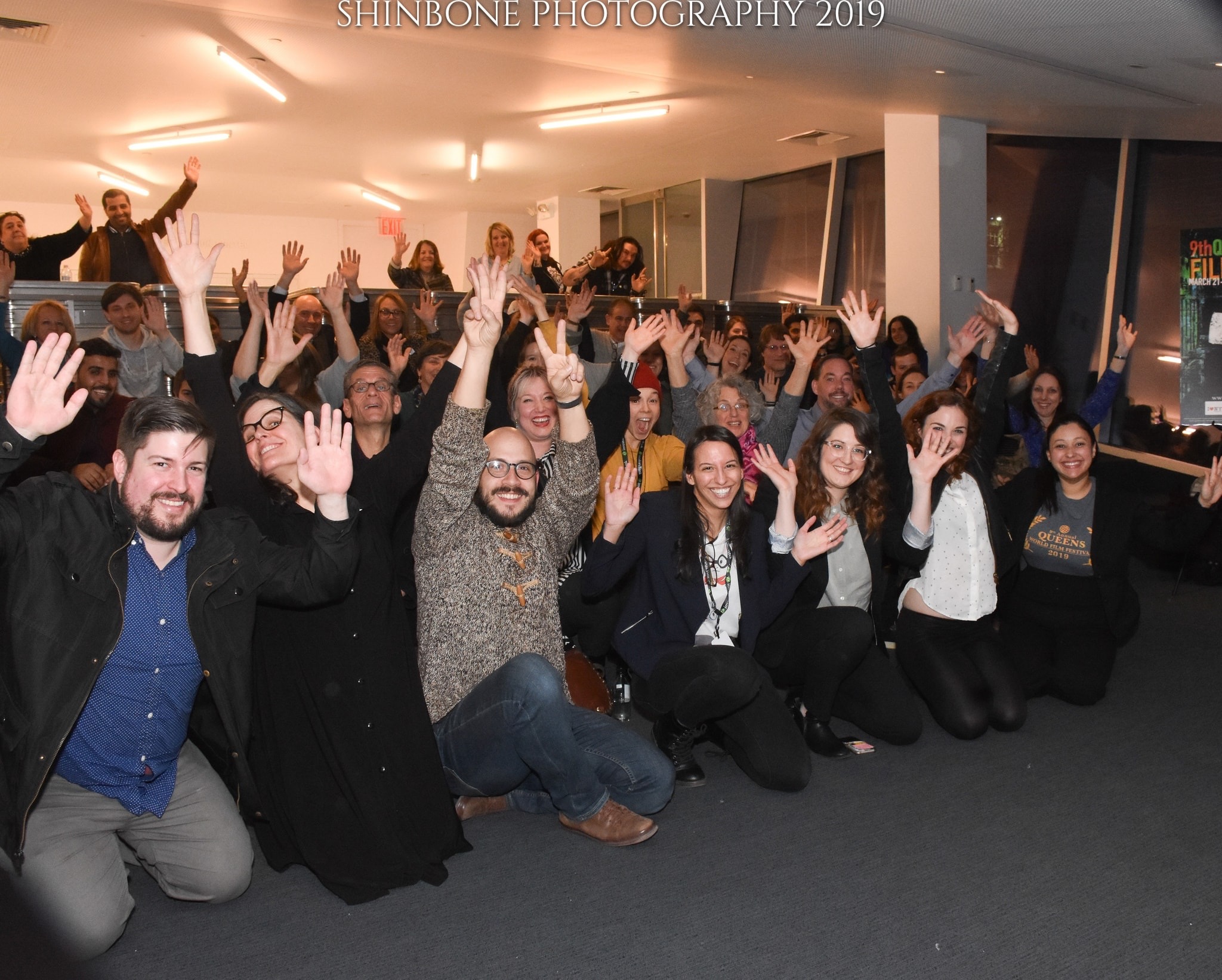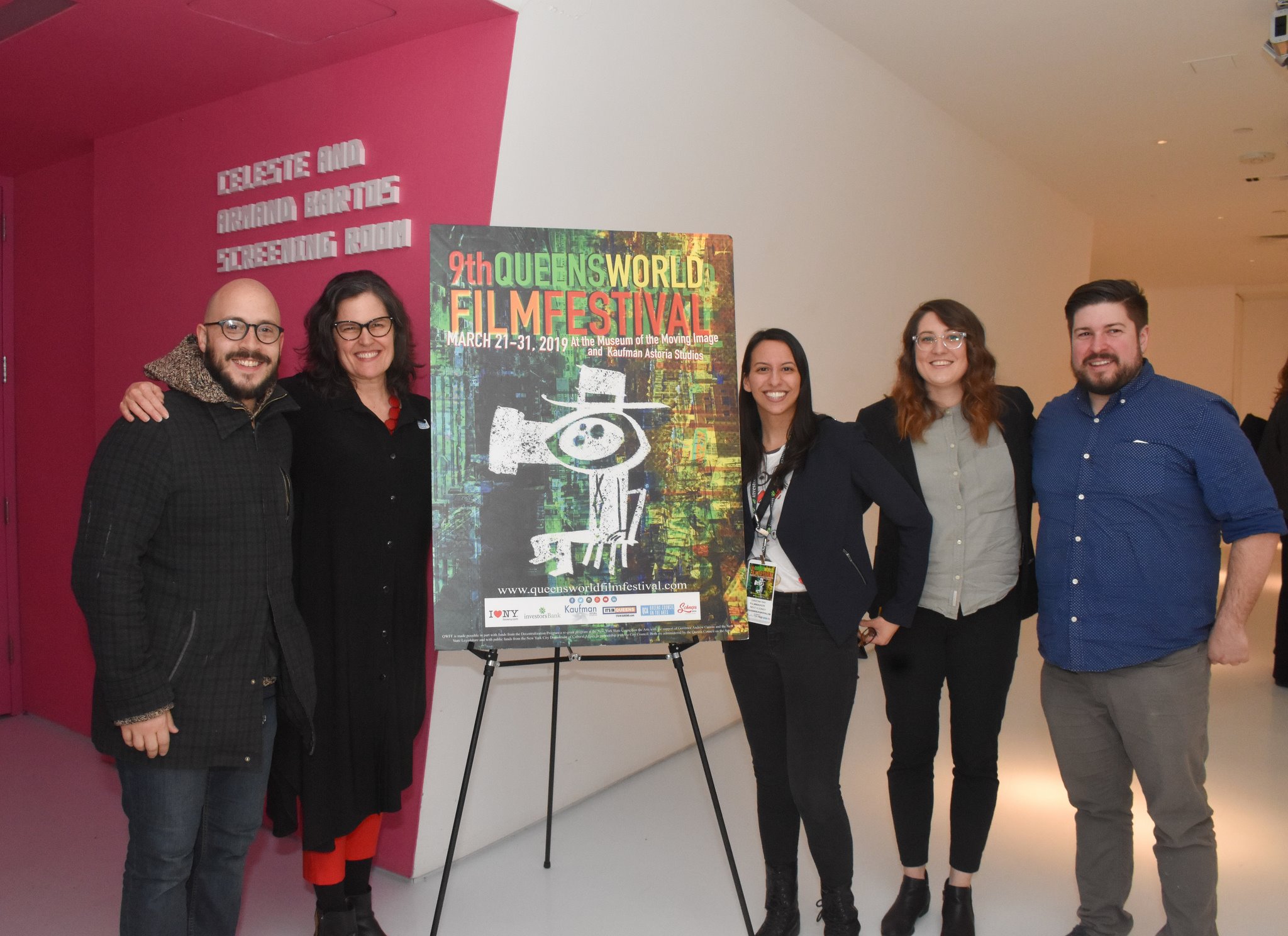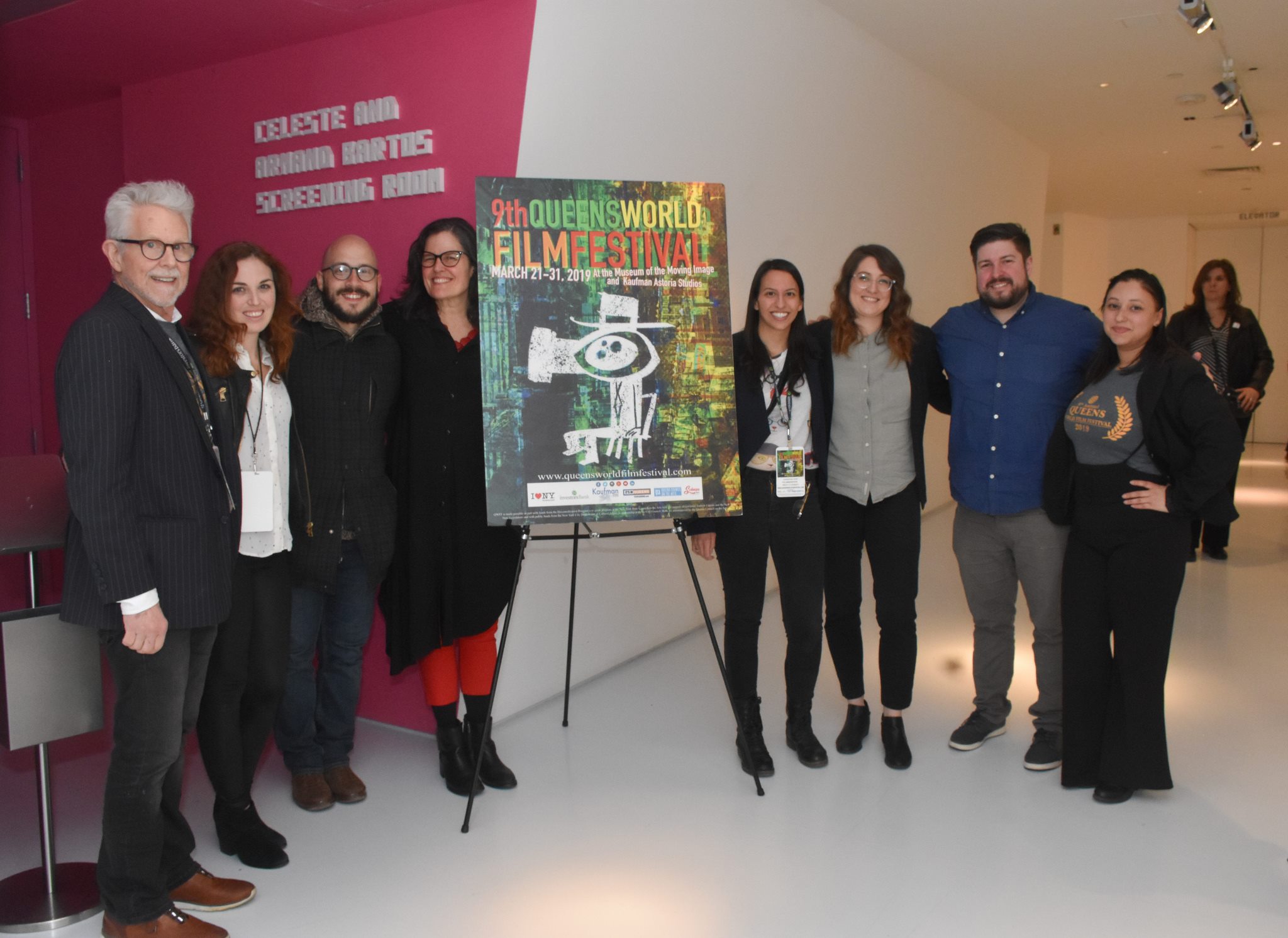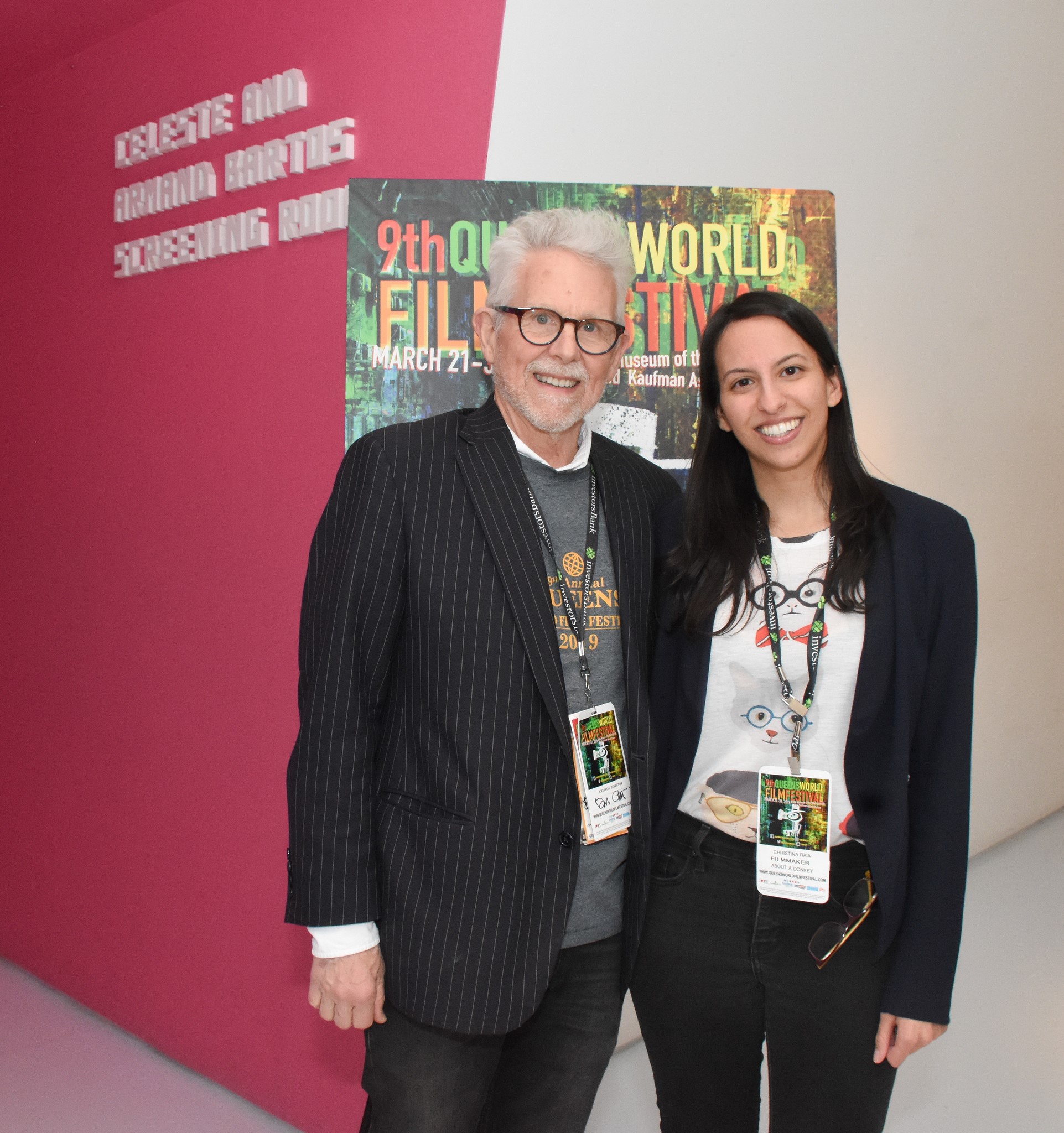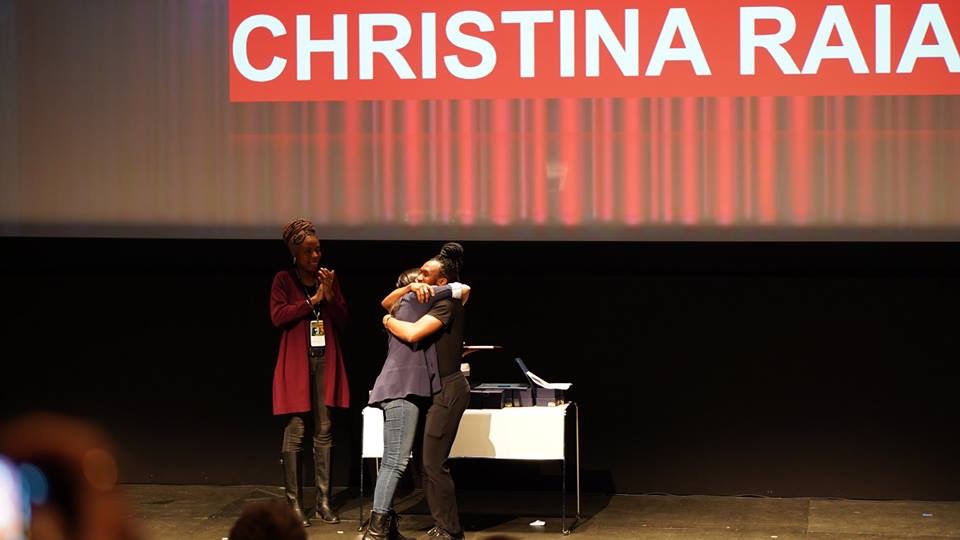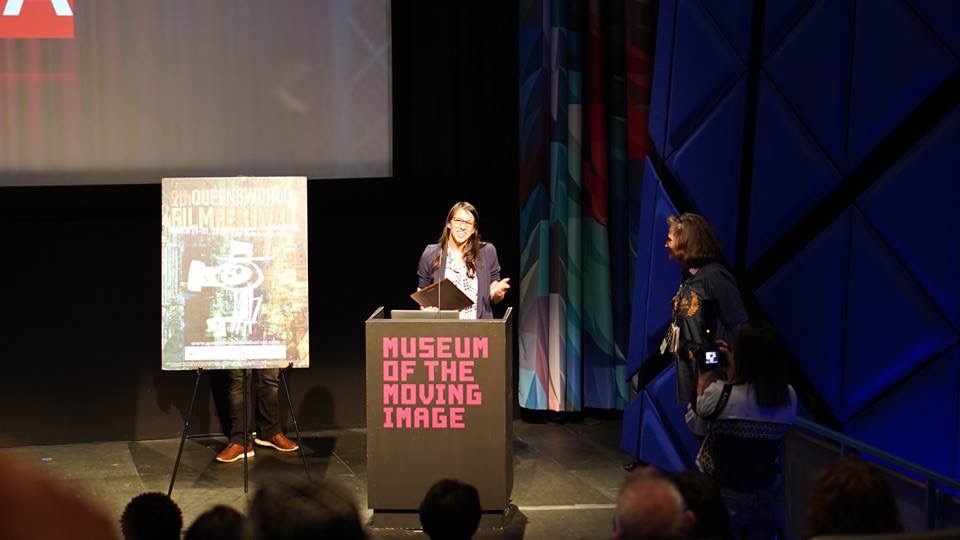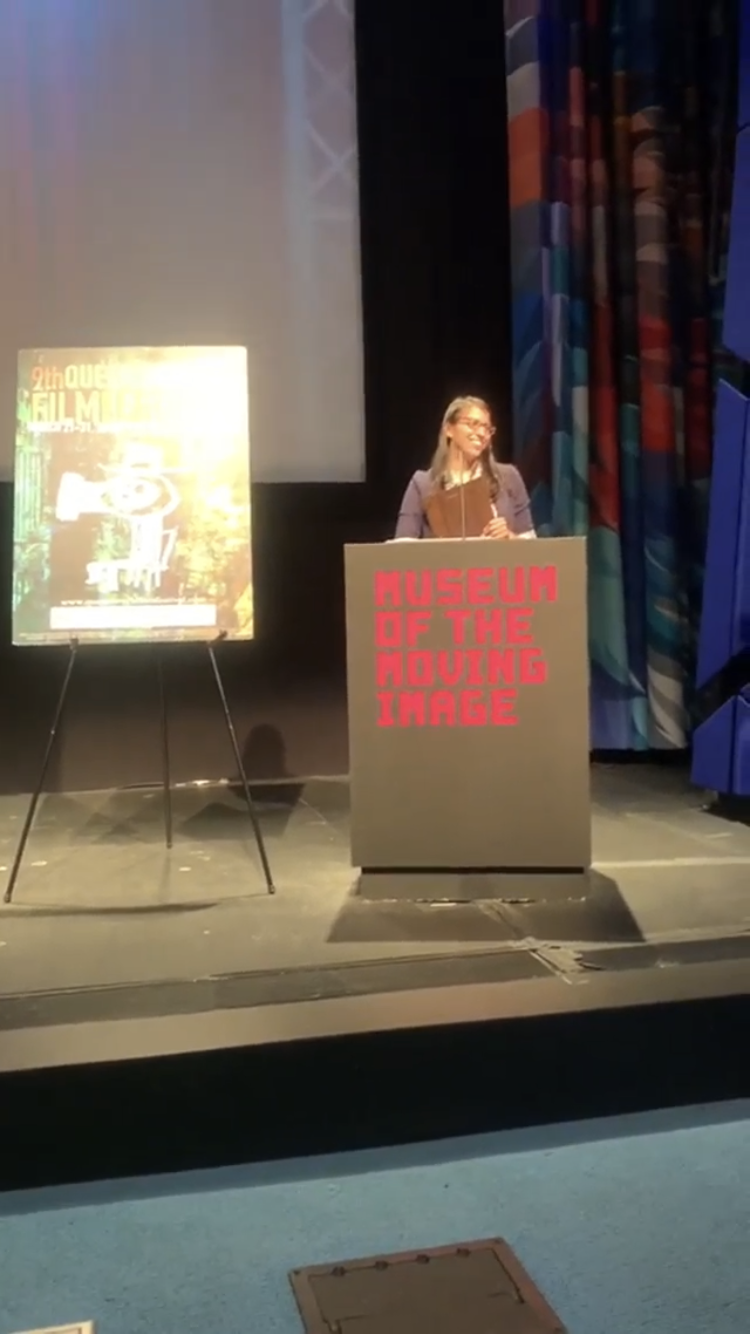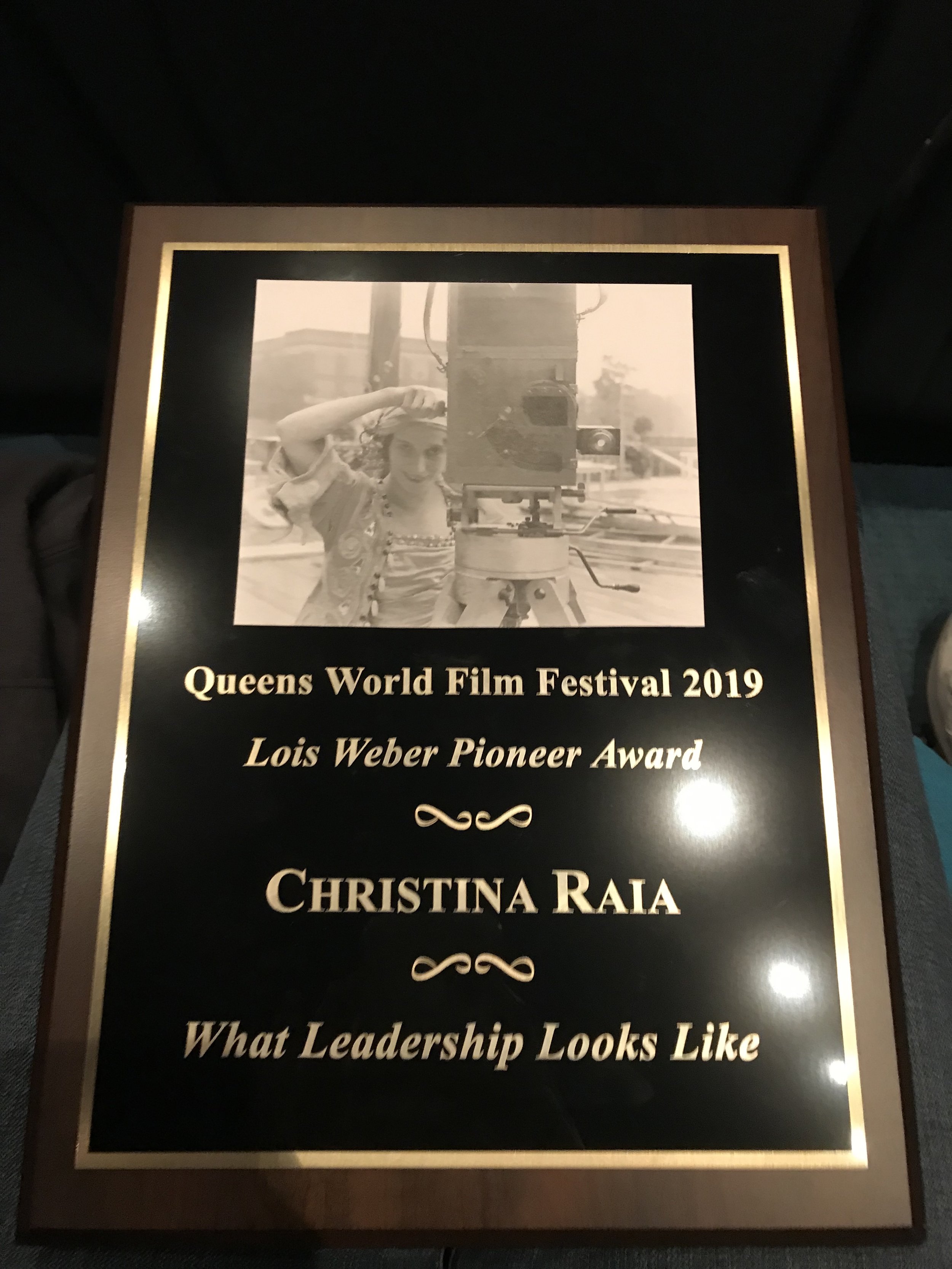We had a wonderful festival run for our feature film About a Donkey. I like to be fully transparent with audiences and other filmmakers to make my personal learnings useful to others. So I’m sharing a full rundown of where the film screened and where we didn’t get a chance to.
Festivals where the film was accepted:
Georgia Film Festival. My favorite moment was chatting with two girls around 12 & 15 who are aspiring filmmakers & were really excited to meet me & Kelsey after watching About a Donkey.
North Carolina Gay & Lesbian Film Festival. One of my favorite festival experiences. It was so cool hearing from the head programmer that all programmers loved our film & fought over who would get to do the Q&A.
Austin Revolution Film Festival. I loved this trip because we all got to explore Austin. Favorite festival moment was winning Best Produced Screenplay.
Buffalo International Film Festival. My mom, Kelsey and I had a blast roadtripping to Buffalo. And I enjoyed a bonding moment on the red carpet being interviewed by a fellow vegan.
Adirondack Film Festival. Our favorite festival experience overall! It was especially touching when a woman came over in tears after our screening and thanked us for just making her feel so good.
YoFiFest. It was nice having a very thoughtful Q&A despite technical mishaps during our screening.
Flathead Lake International Cinemafest. We also loved this festival experience. My favorite moment was when an older straight couple seated behind us debated leaving after a romance between two of the women in the movie is alluded to, but then they decided to stay through it all.
Cambria Film Festival. Have you seen the elephant seals on the beach in Cambria? Haha, it was just so wonderful seeing some of the California team again after so long!
Queens World Film Festival. One of my top festivals forever, and one of our favorites with this film. Having a sold out screening of locals and a lovely Q&A conversation were so fun for us.
Capital City Film Festival. A final goodbye to seeing it on a big screen. I was touched when a woman spoke about how the film reminded her of how her dog helped her get through her husband’s passing.
We made a feature on under $23,000 with no name recognition and not in any of the genres that typically get buzz on the festival circuit. I'm proud of what we accomplished, but the film’s not without its flaws. It's a quirky, sweet, talky but quiet, thoughtful and fun little film that really resonates with some but couldn't possibly appeal to everyone's style & taste. We didn't expect to even get into some of the festivals that we did, so we consider our run a success. But since I'm an advocate for transparency to benefit my peers, here's a list of the festivals that we submitted but didn't get in to.
Atlanta Film Festival
RiverRun Film Festival
Cleveland International Film Festival
Sedona Film Festival
Phoenix Film Festival
Oxford Film Festival
Oak Cliff Film Festival
Julien Dubuque International Film Festival
Stony Brook Film Festival
Newport Beach Film Festival
Lighthouse International Film Festival
River Bend Film Festival
Woods Hole Film Festival
Women Texas Film Festival
Sidewalk Film Festival
Indie Street Film Festival
Rhode Island International Film Festival
Moving Parts Film Festival
Cinema Diverse: The Palm Springs LGBTQ Film Festival
Citizen Jane Film Festival
Seattle Queer Film Festival
Indie Memphis Film Festival
Hell's Half Mile Film Festival
BendFilm Festival
Twister Alley Film Festival
SENE Film Festival
Twister Alley Film Festival
Many of these were long shots. If you don’t know, you should know that festivals as a whole are a borderline scam when it comes to features (some are completely in general, but that’s a whole other conversation). In the world of features, the films that get into top tier festivals are largely coming through labs or connections, even if they don’t have obvious names attached. Read this article, if you haven’t. And so you’d think then that regional festivals are truly indie friendly since they’re also the smaller fish in the pond. But there’s this whole world of monetized festival runs where films that have enough buzz (star-power or extreme social relevance with the right PR) can get represented by festival distribution companies and get their film invited (with screening fees and accommodations) to fill feature slots at festivals. And even without representation, premiere at the right festival and a film could get invited to all regional festivals around. Some festivals are transparent about this (about what percentage of features come from submissions vs invitationals or programmer connections), most are not. For this reason, a truly independent feature filmmaker could waste a ton of money submitting to festivals without ever standing a chance of actually getting in to any because all the feature lineups are filled with invitationals (and the submission fees are essentially bankrolling the ability for those festivals to pay those invitationals). I don’t mean to be bitter or hate on festivals (I love festivals, I’ll get to that in a bit), but this is very much a reality that filmmakers need to know about.
For this reason, I tried to be very strategic about where I submitted. We didn’t get any invitationals; all our screenings were through cold submissions on FilmFreeway. For festivals that interested me, I looked up past feature lineups to see if any of the acceptances seemed to lack the budget and industry access my film lacked or if most were top tier festival premieres who had clearly been invited. I also asked other filmmakers I could reach how they got in; if they knew a programmer or really submitted through the same channels as the average submitter. From there I decided to submit to those two lists above. That said, I did submit to some festivals knowing our odds were extremely low. I submitted to those because I had many fee waivers (15 to be exact) via Seed&Spark's Filmmaker Rewards, which is a benefit of being a successfully crowdfunded project with over 500 followers; so I could make that gamble. A few of the smaller ones that I did pay for, though, I was bummed to see that even they invited a lot of their feature in-competition lineups. There's a lot of debate about the reliability of Vimeo analytics. I used a different file for every festival, and I tested the analytics in a lot of different circumstances, so I feel confident that the ones I believe never watched, really never did. However, I do understand that the analytics could be off for any unforeseen reason. I won't publicly call out the festivals that I believe didn't watch my submission at all. From the rejections, though, I'd like to positively shout-out some that I feel fully considered my film. Oxford watched a few times all the way through and gave us excellent feedback. Same goes for Cleveland, they watched 3 times and gave good feedback. Julien Dubuque was super communicative and watched our film at least 7 times all the way through before deciding. Moving Parts watched all the way and made us a Finalist before personally notifying us as to why we weren't quite the right fit for their festival. And Newport Beach, Hell's Half Mile, Indie Memphis, Seattle Queer, and SENE all watched a few times.
For anyone just starting out in the world of festivals (features or shorts), please do your research and really know if a festival is right for your film and if your film is right for the festival. This applies not only in terms of what gets programmed from submissions vs invitationals, but also in what they program overall. Does what you’ve made suit the mission of the festival and their intended audience? Festivals have their own agendas, and are often focused on what will make them most buzz-worthy and sell the most tickets to their local community. Also, human biases skew the programming decision-making. And I've seen enough festival directors screen (sometimes even award!) their own films in competition to know that sometimes it’s so not about your film at all and all about the ego and taste(s) of those involved in the festival. But even when a festival is operating with integrity (which I like to believe most are), they probably only have the space, both in terms of venues and runtime, to program at most 30% of what's submitted; and themes (thus programming priorities) change from year to year. I can say this with confidence from experience of running my own local-filmmaker focused screening series. So, you want to be sure that your film is really what each fest is looking for (genre, target audience, local interests), so that you position yourself to standout amongst the likely thousands of submissions they're getting. And know what your goals are, truly. I think filmmakers often focus on what would be most impressive within the industry or where they’re supposed to submit to look successful. But I can tell you from my goals with About a Donkey for instance, I wanted to reach people who don’t work in the industry, would never know about our film from our limited marketing efforts, and who wouldn’t typically seek out inclusive content in their own movie theater or home viewing. With that in mind, even if I had the connections to get this little movie into a top tier festival, where everyone in attendance is part of the industry and there isn’t room for locals to come out and catch a screening if they wanted to, screening at any of them wouldn’t actually achieve those goals I mentioned above. So starting at the top and working down the tiers of festivals, as most filmmakers tend to do, was not my strategy for submitting this film — not just because realistically it couldn’t get in at the top (I definitely don’t have those connections), but also because it wouldn’t really make sense to. I instead set out to screen at festivals in smaller cities with good word of mouth marketing where people come out for festivals because there’s nothing else to do in their area for that particular week or weekend. We largely targeted festivals that were either in destinations we wanted to visit or right-leaning politically so that we could reach more conservative viewers and hopefully spread some empathy. Based on all that, I consider our run a super success and I’m really proud of what we pulled off and thankful to the festivals that programmed us.
For anyone in the early stages of notifications where you’re probably only getting rejection after rejection, remember that a festival rejection doesn't invalidate your film and all the work you did. And honestly, a festival shouldn’t validate it either, or at least not be your main qualifier of success… you’d be setting yourself up for unnecessary disappointment if that’s your barometer. I love festivals for their ability to bring audiences together for communal conversation (see my linked recaps above for Adirondack, Flathead Lake and Queens World as examples). The real gems out there are run by genuine film lovers & sometimes makers who have a mission and are doing their best with limited funding to create a platform for independent creators where there isn't currently one. However, the circuit as a whole is a very flawed, and often exploitative, system. Some see an opportunity to profit off of hopeful filmmakers just trying to reach an audience. People like to say, "it's a numbers game." And it is, but you have to have a certain amount of privilege to be able to play the odds. I submitted to what many would consider a modest number of fests for the "numbers game." I had 15 waivers, 7 discount codes, and the other 15 were early bird deadlines (one of which only cost $1). And I still spent $750 just on submissions (over 70% of which were rejections). That's a month's rent for a lot of struggling filmmakers. So please, please, don’t blindly submit to every festival you could and think you should. Really make conscious decisions about what makes the most sense for you and your film.
I hope this has been helpful!
We released About a Donkey on Vimeo on Demand this week. It’ll be streaming on Seed&Spark in early June, and then Amazon Prime later that month. It’s $4.99 to rent or $12.99 to buy on Vimeo, which comes along with exclusive access to Special behind the scenes features that’ll only be available on that platform. Seed&Spark has a pay what you wish model, starting at $3 per month. It gives you unlimited access to over 300 films and series in their cinema, and they pay the filmmakers per minute watched. So the more you spend on your subscription for the month that you watch our film, the more we stand to make per minute. And Amazon will be included in their Prime offering, so if you're already a Prime subscriber it's great for you -- but they do only pay filmmakers $0.04 per 60 minutes. We'd love for you to watch and review it on Amazon once we're live in order to help us reach strangers who’ve never heard of the movie; but spending the money on either of the other two platforms for your first view would be the most financially supportive of us! That said, ultimately, we just want you to see (and hopefully enjoy) the movie. So please support About a Donkey's VOD release however you can. Thank you!

